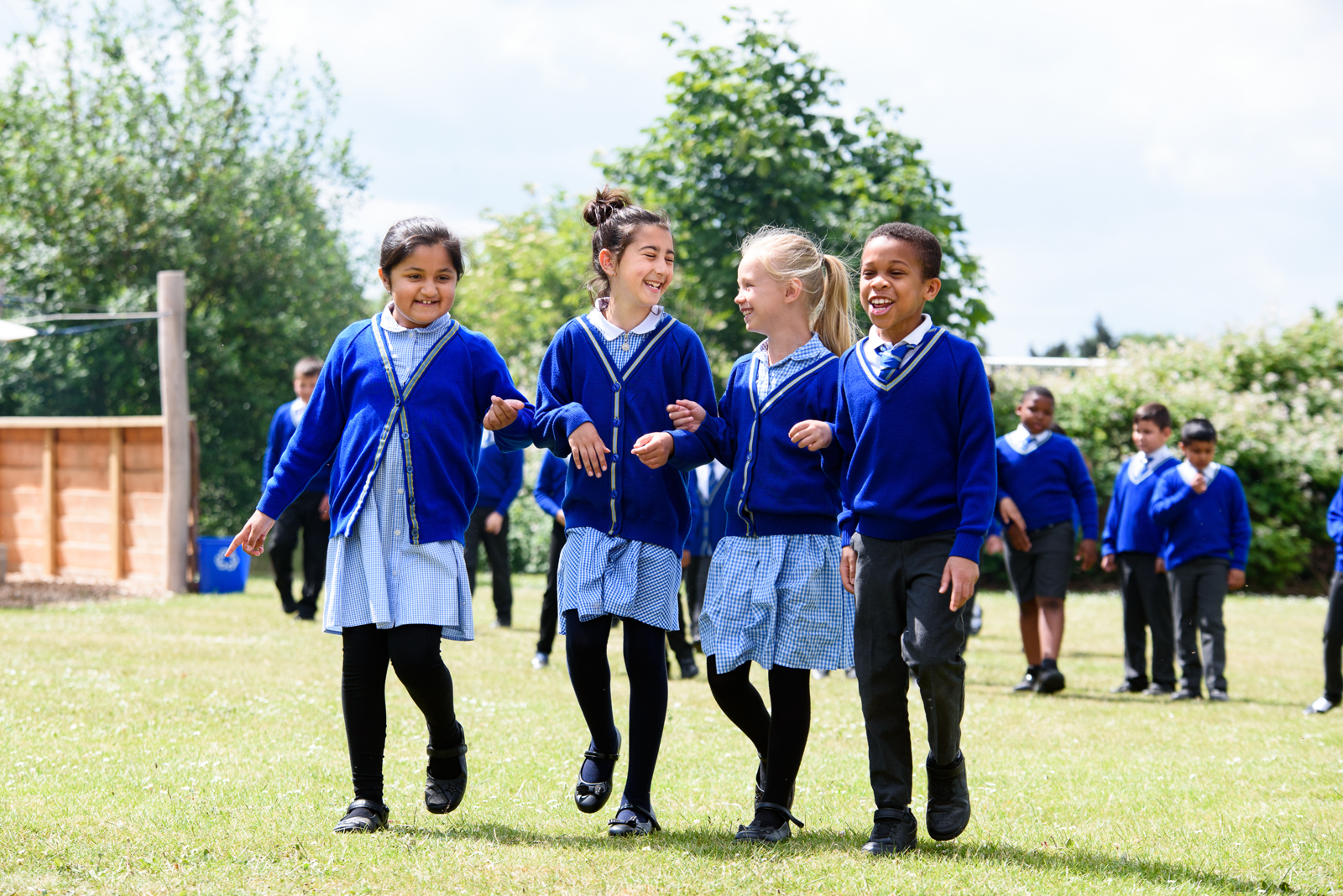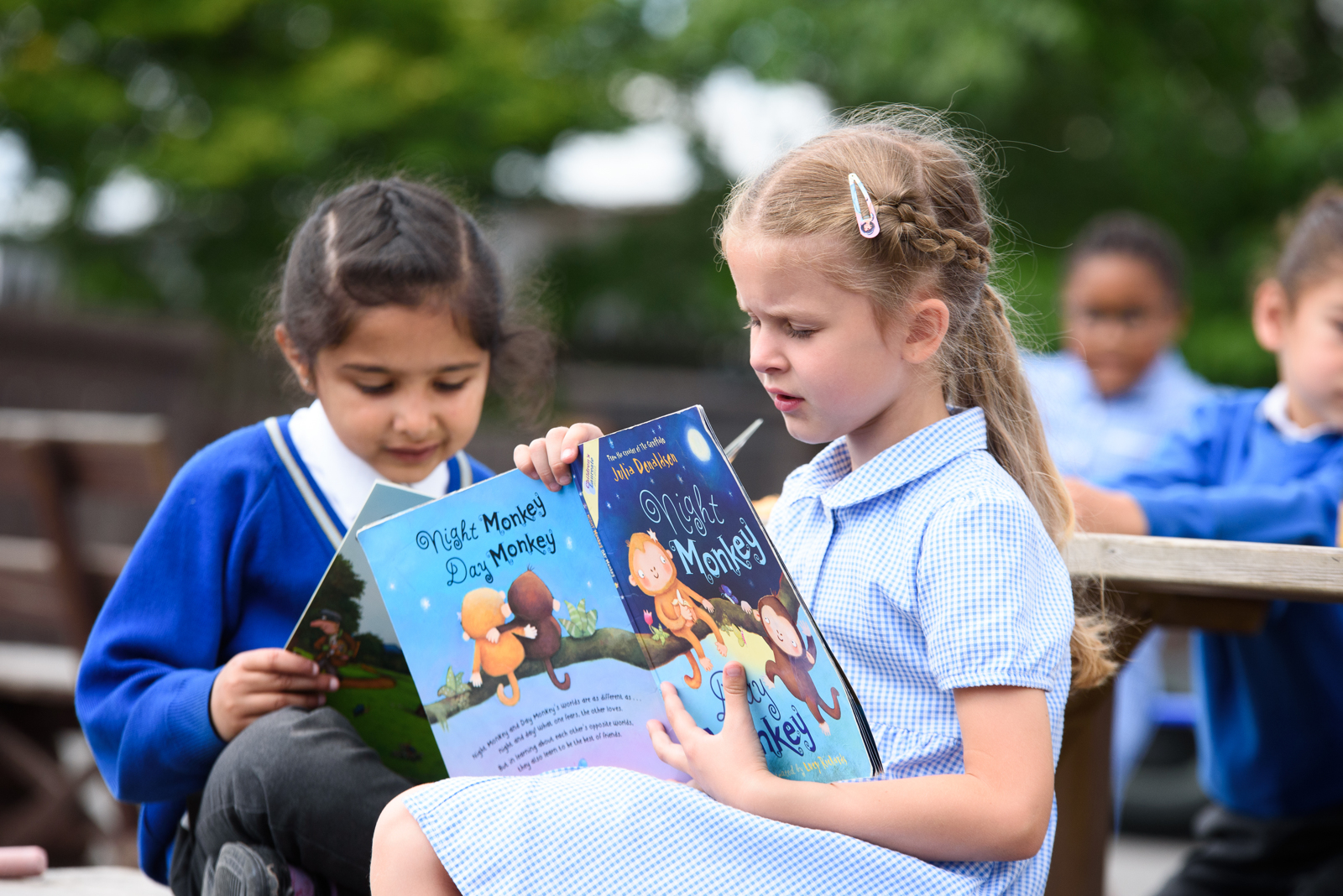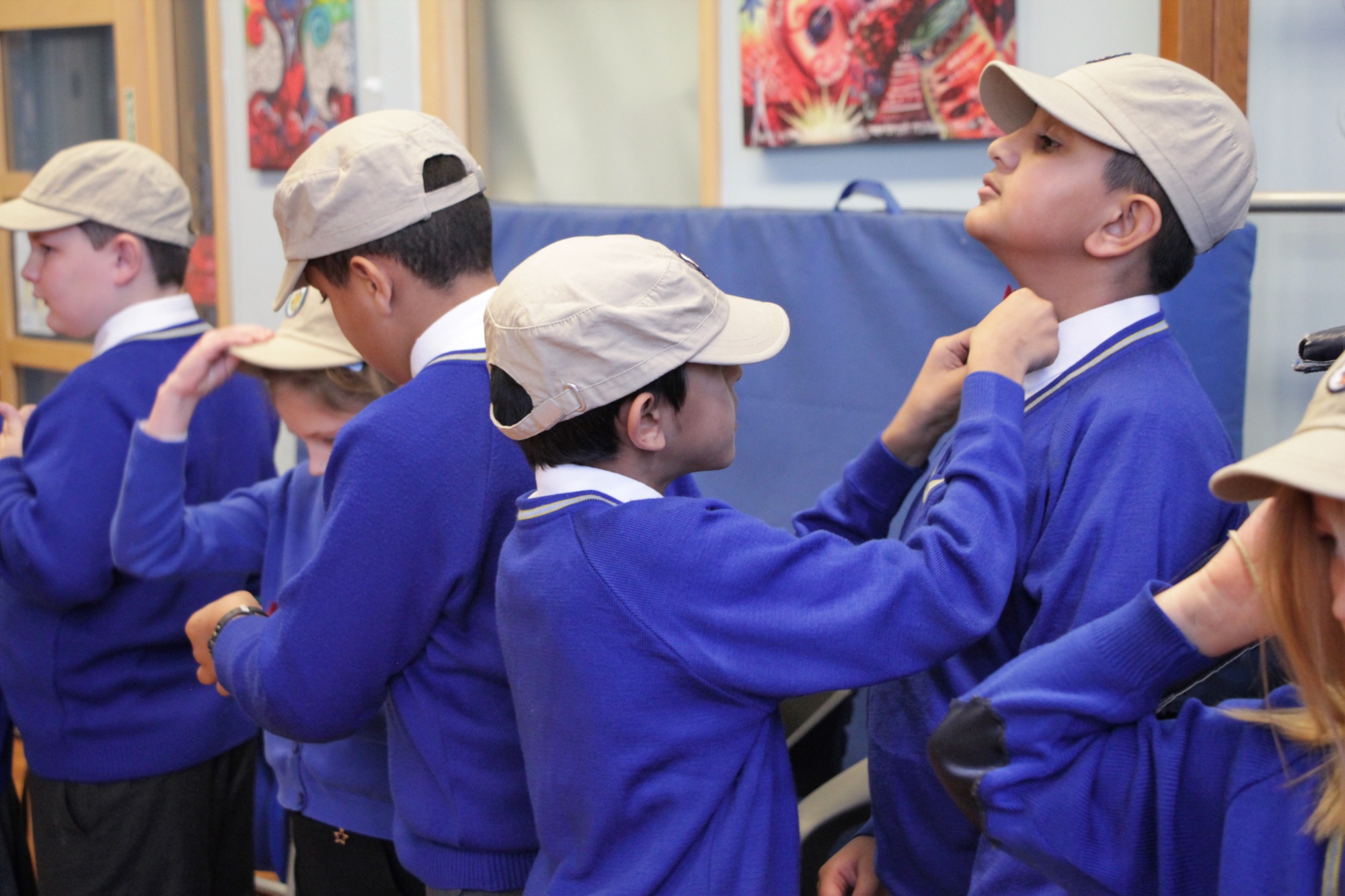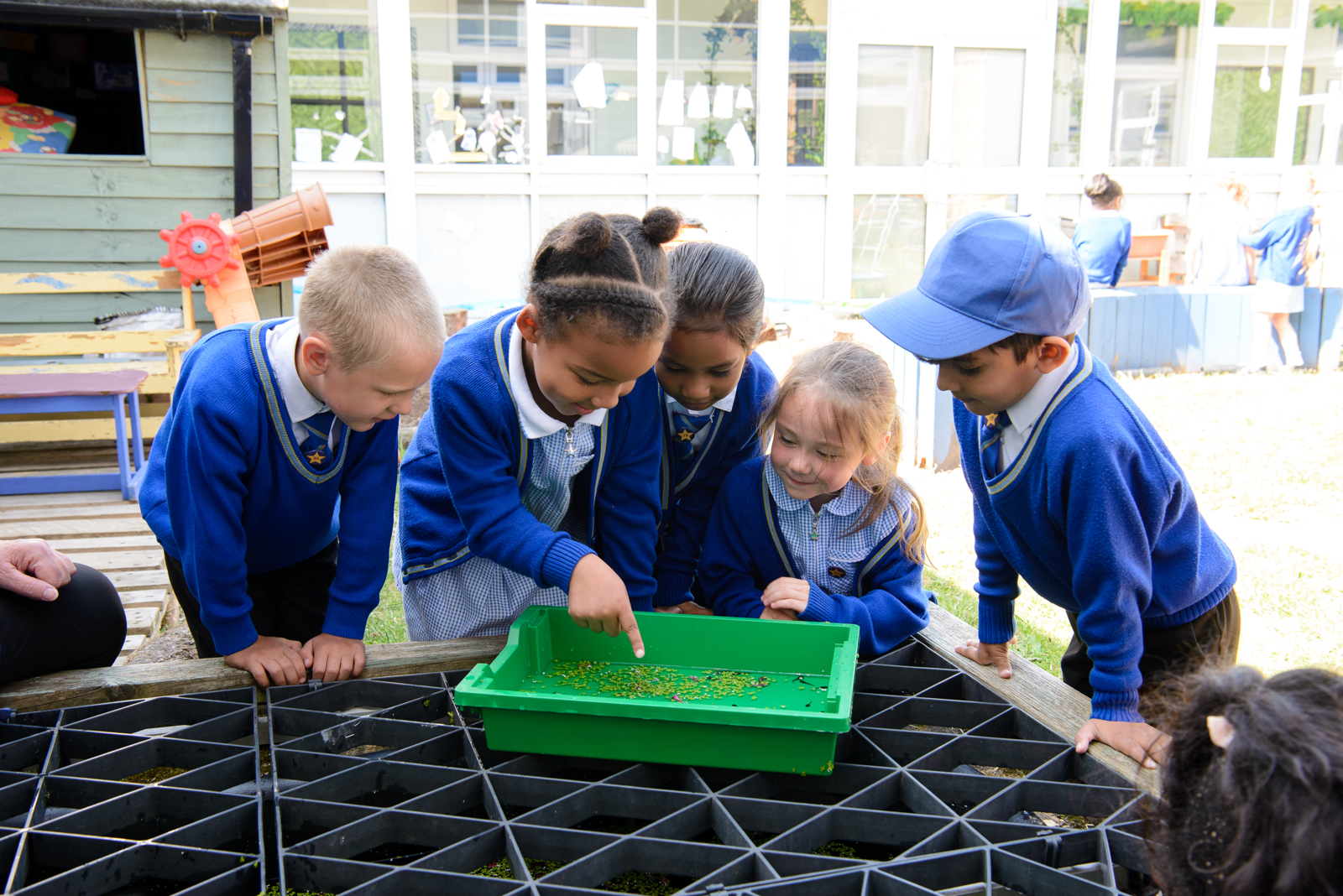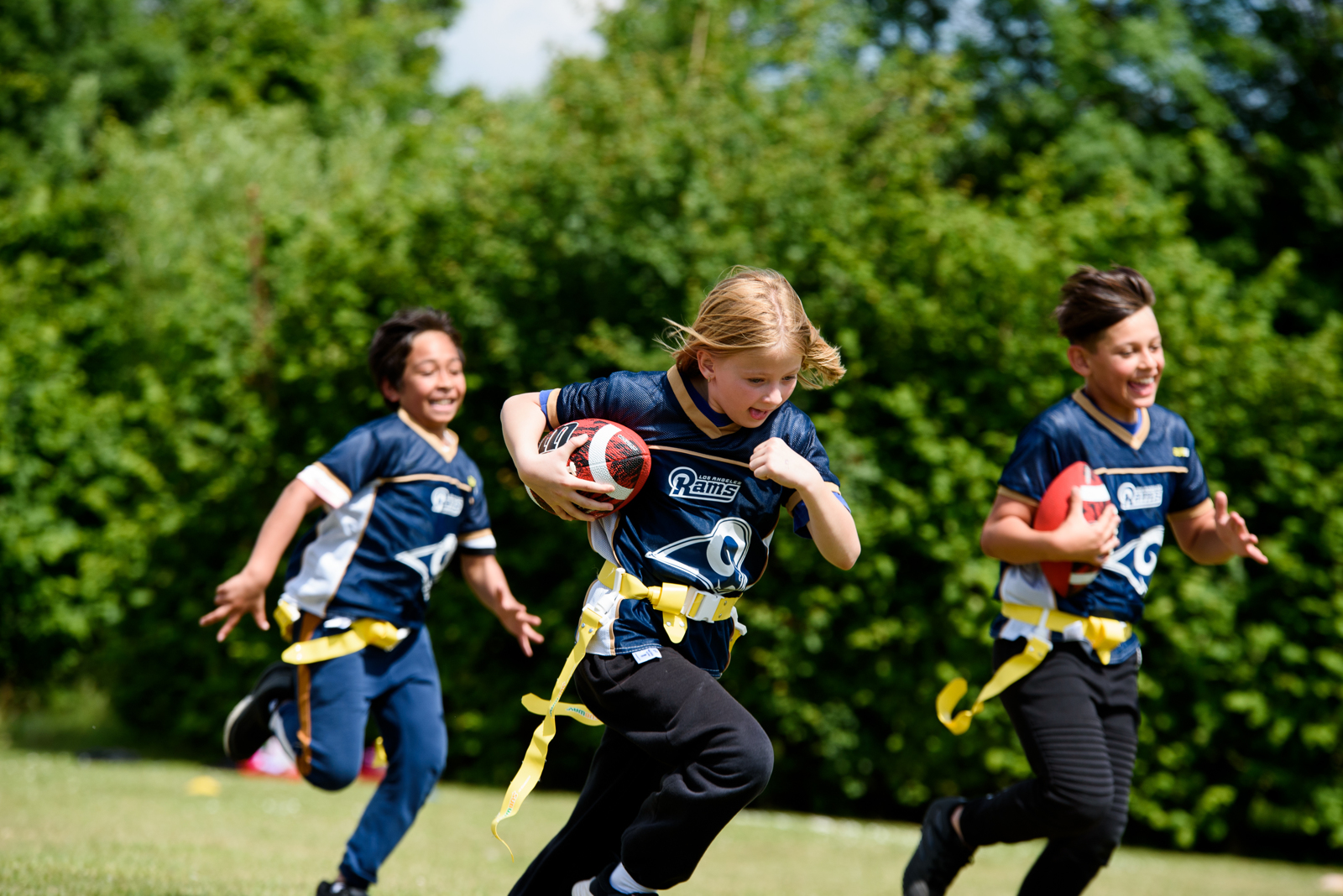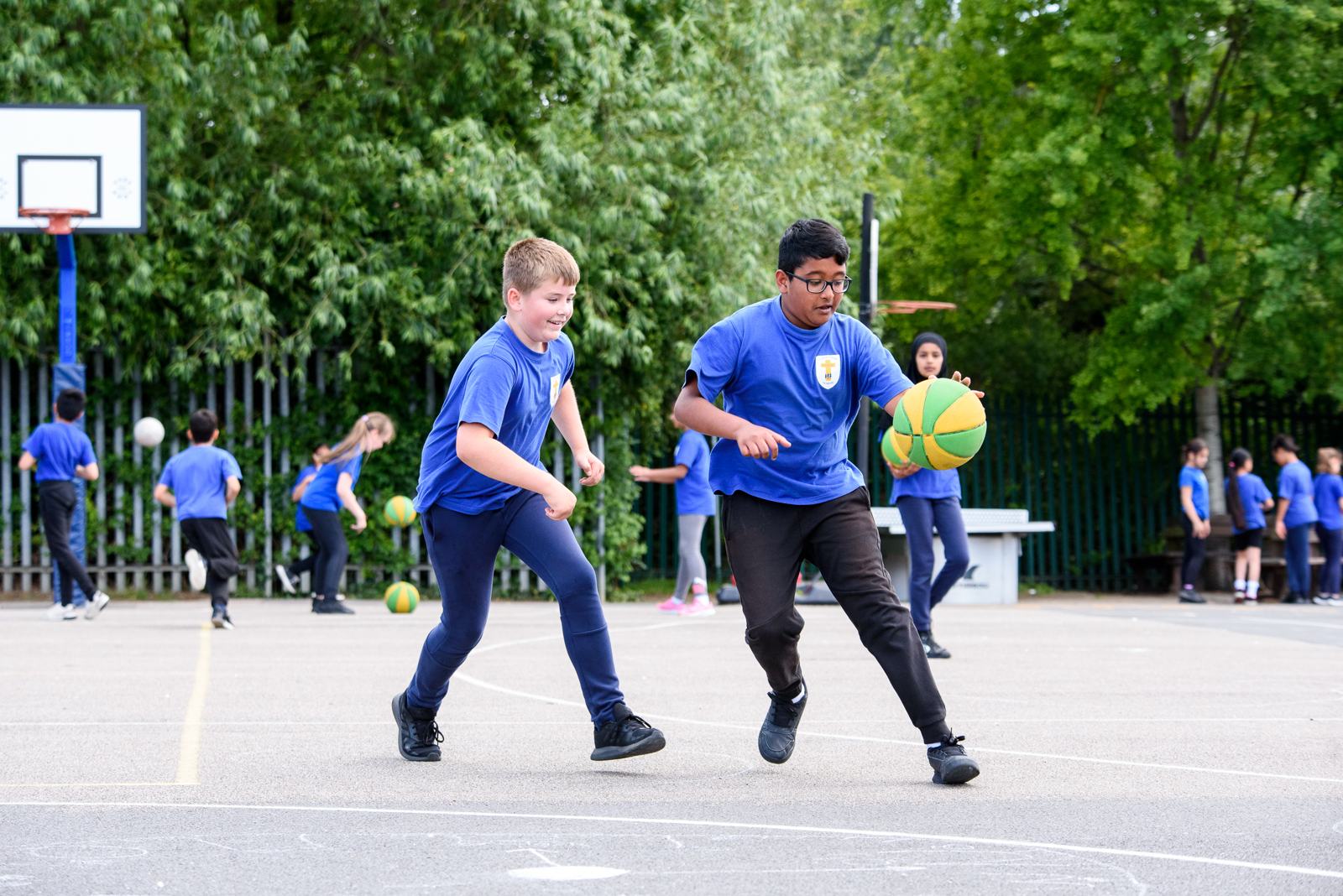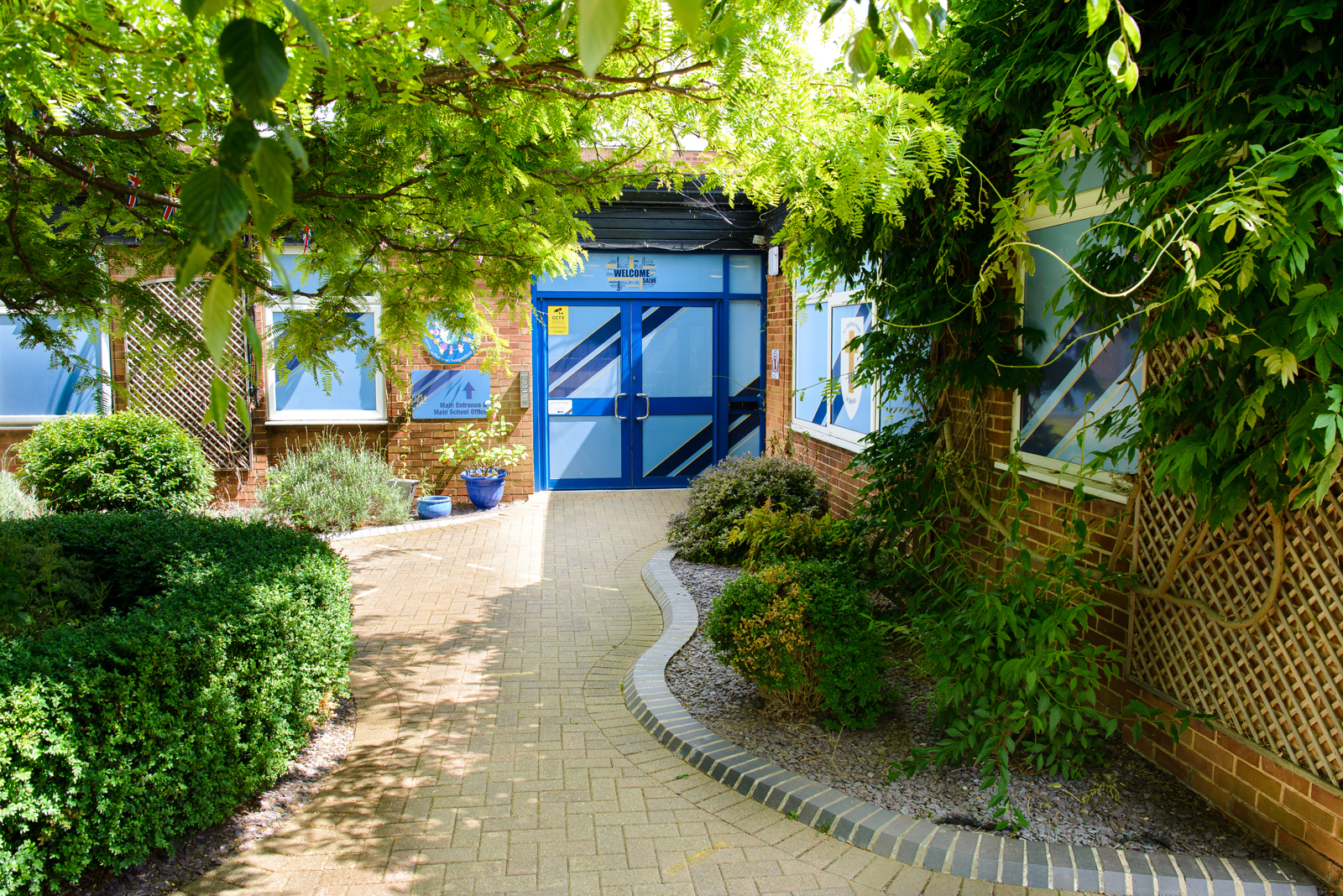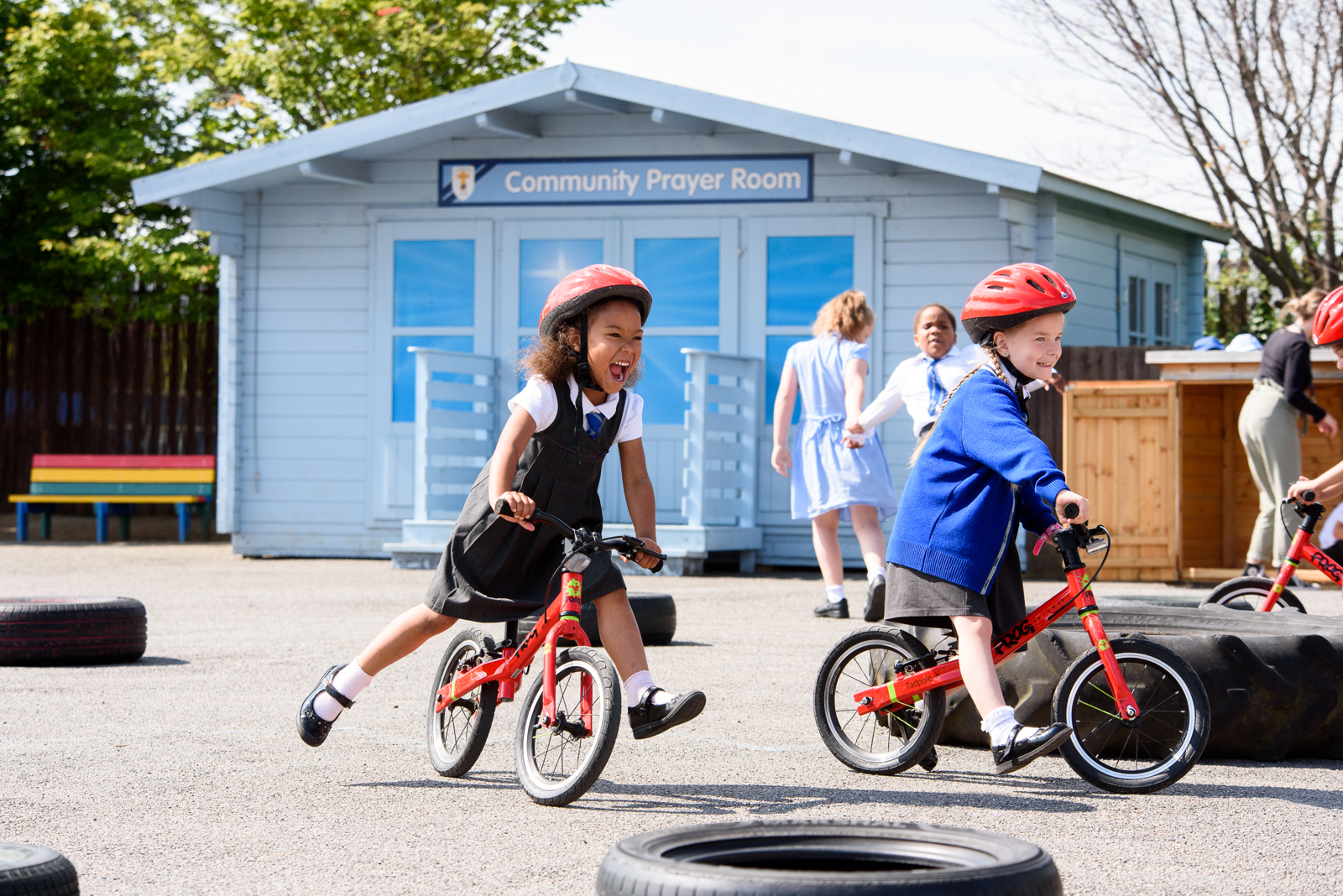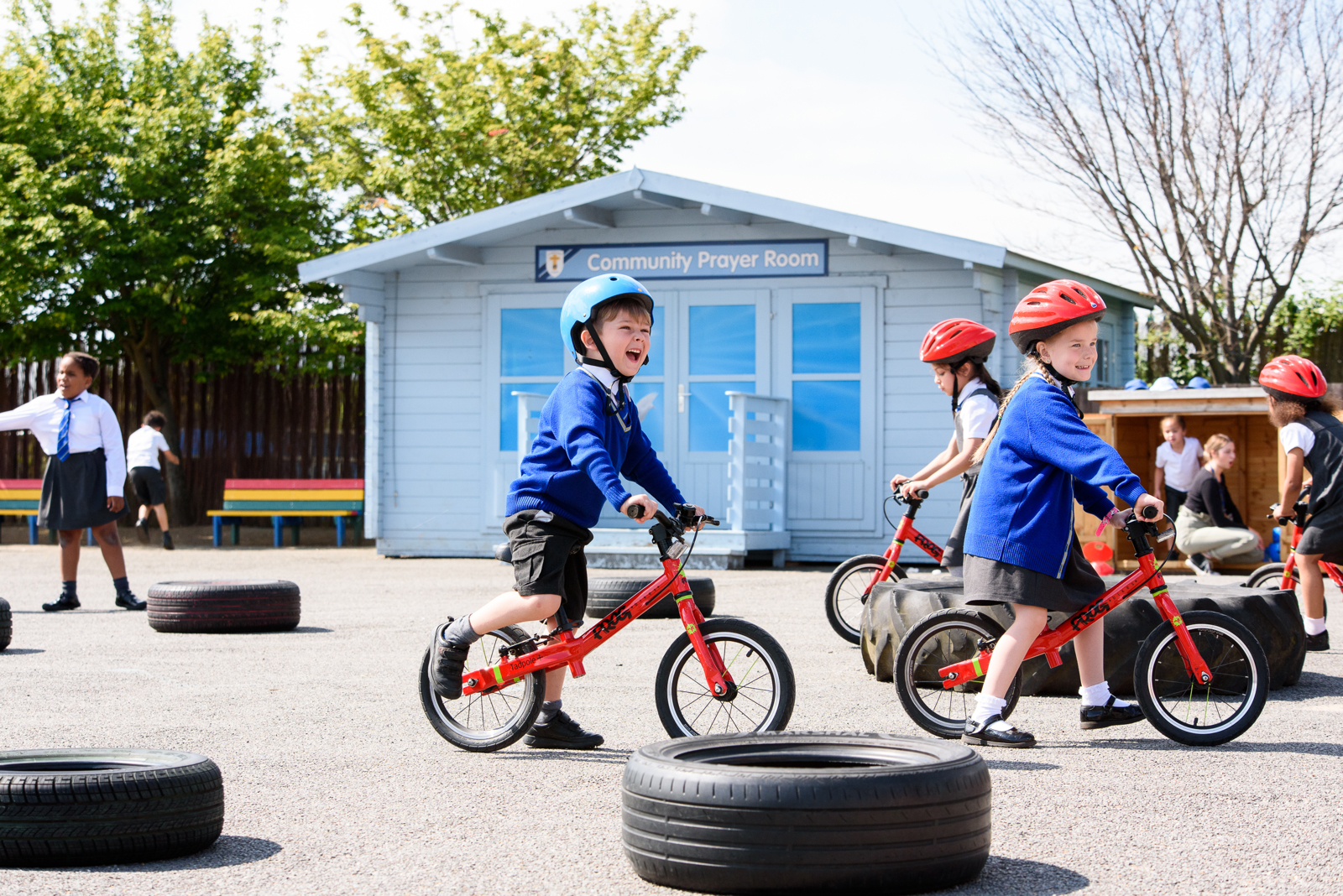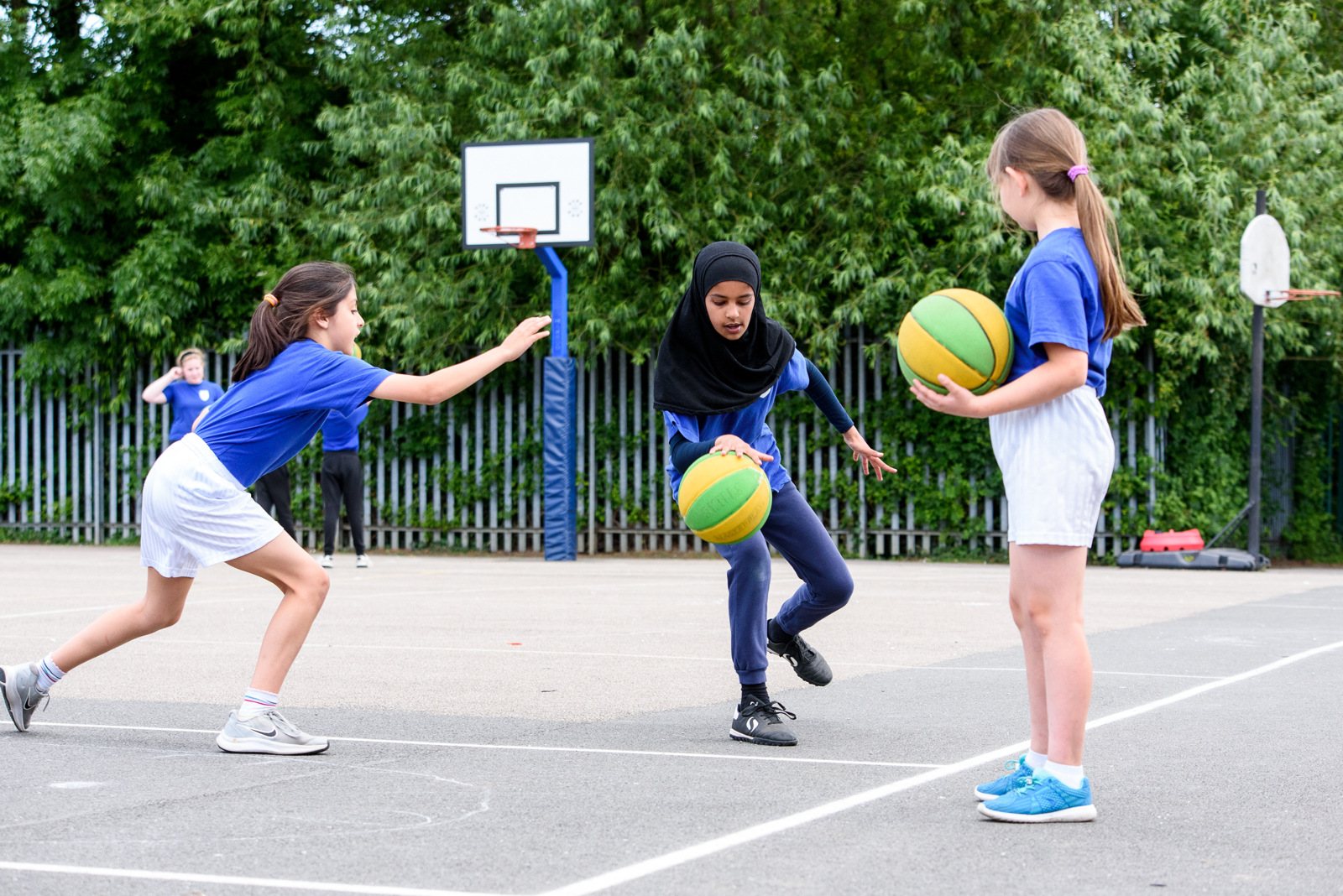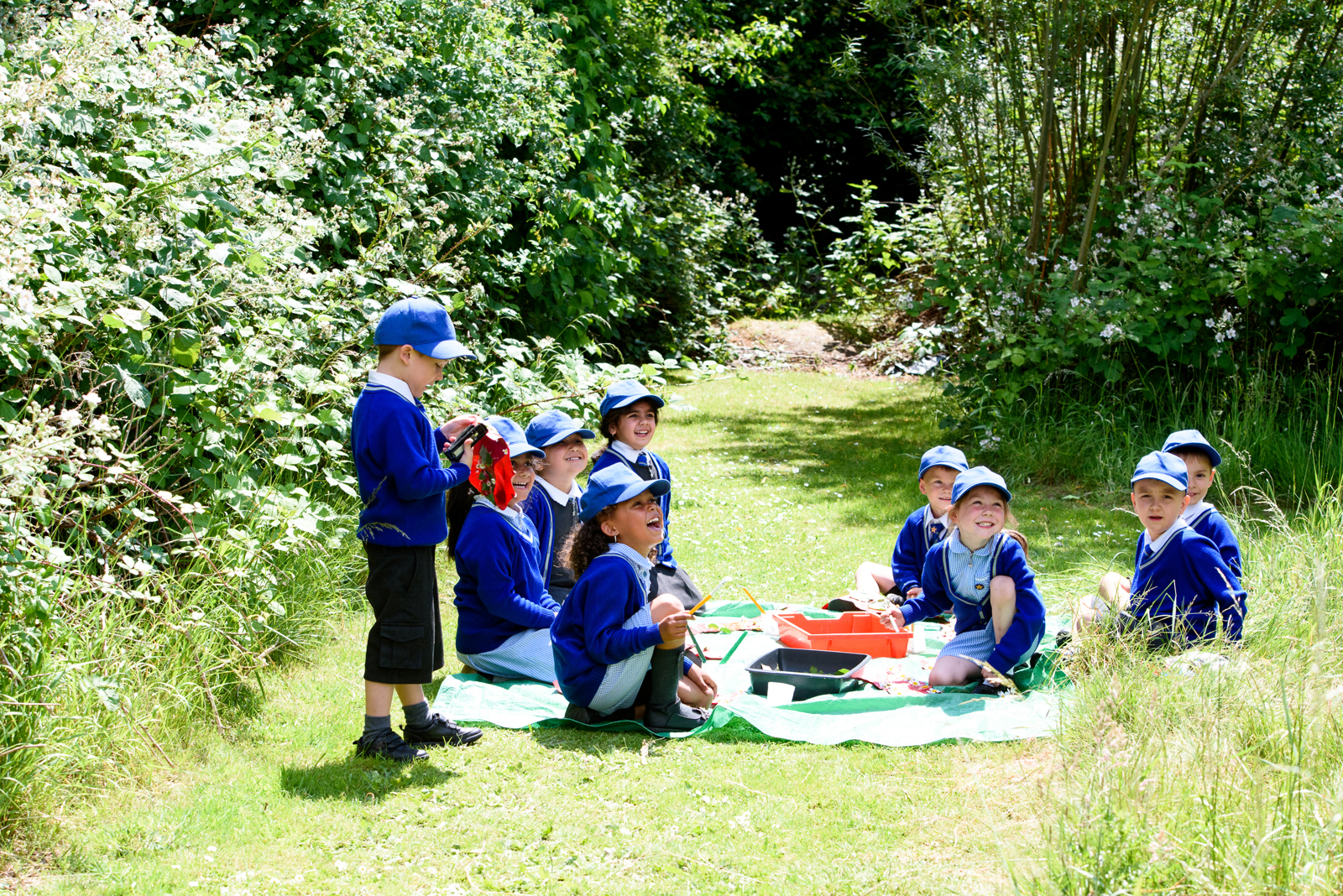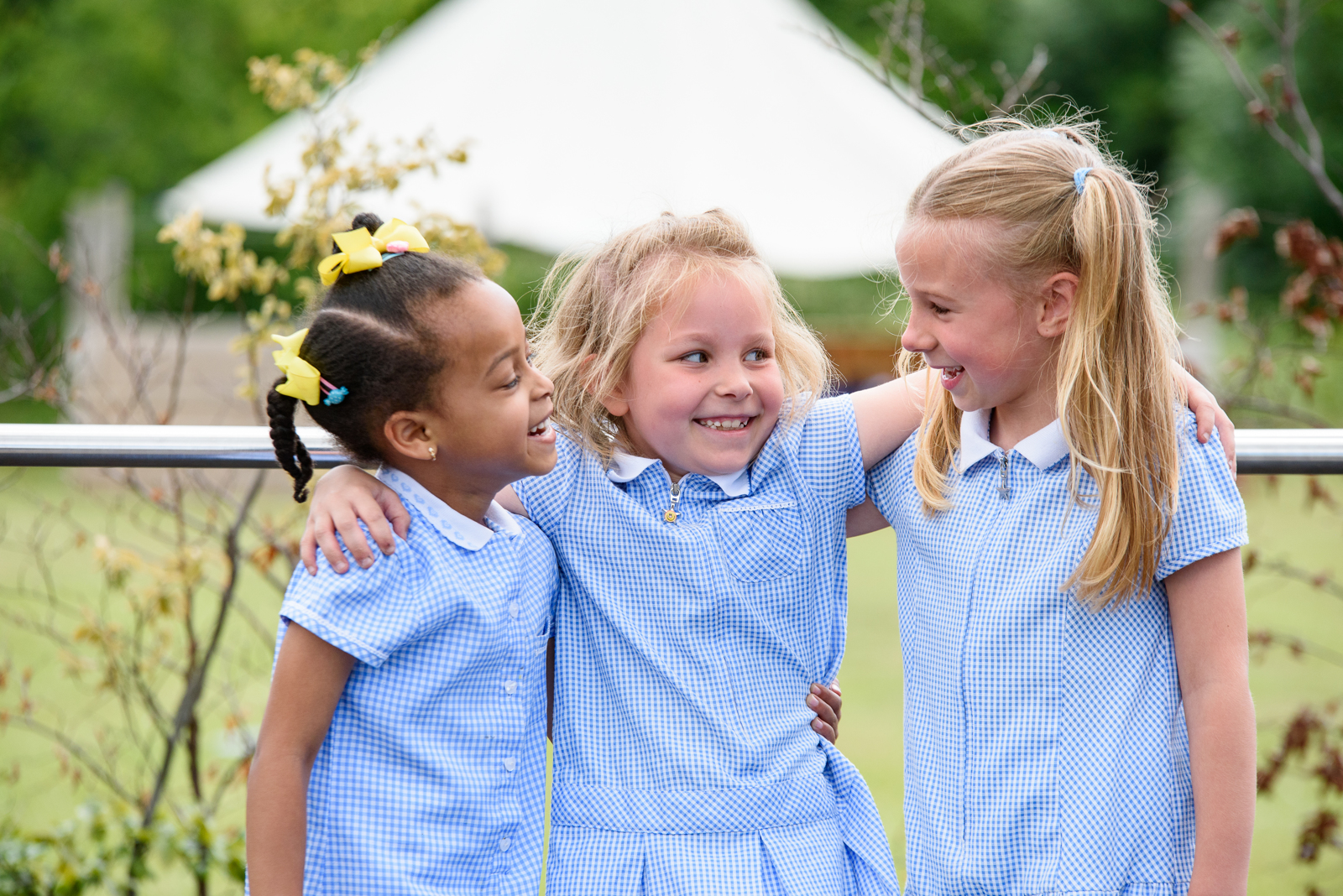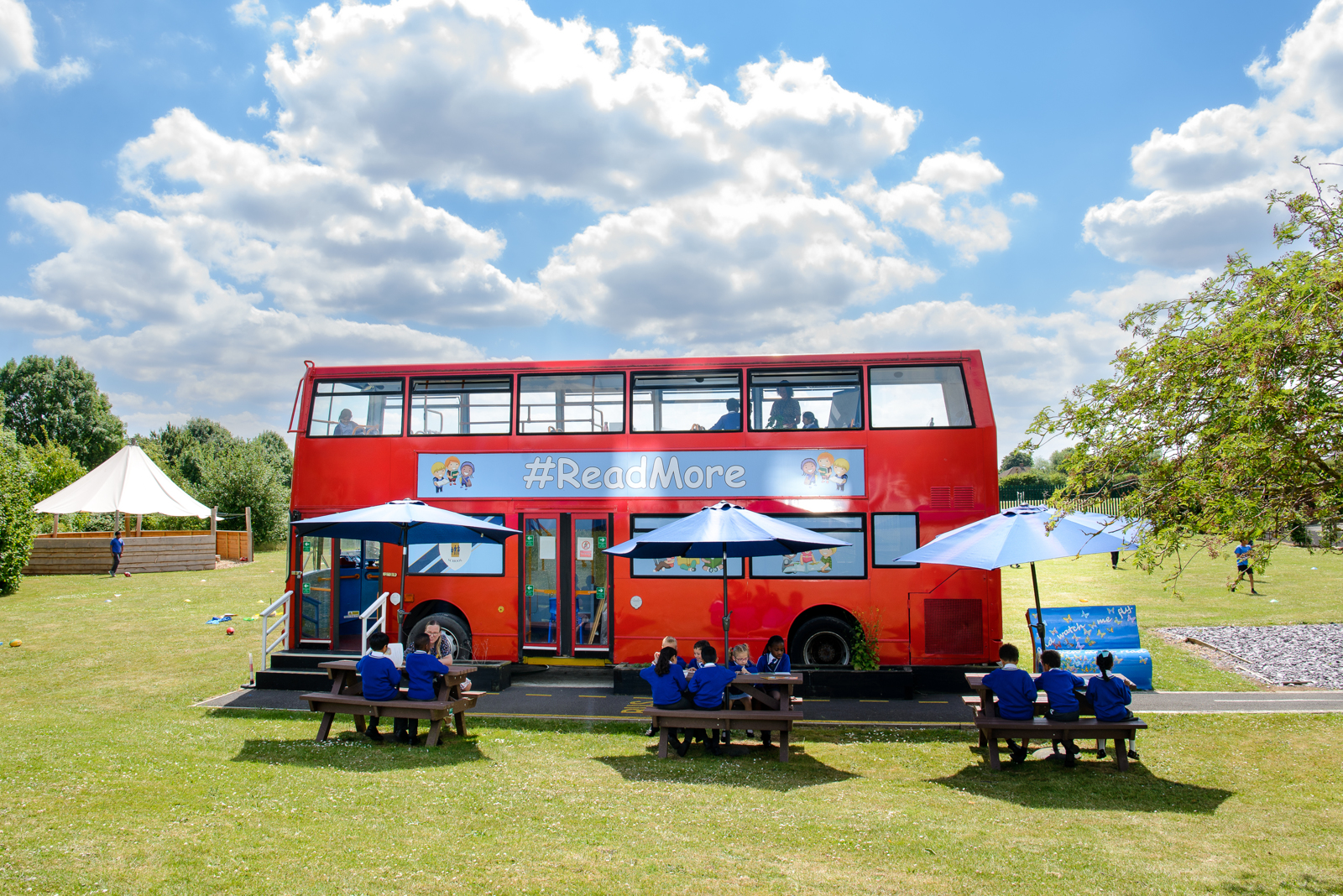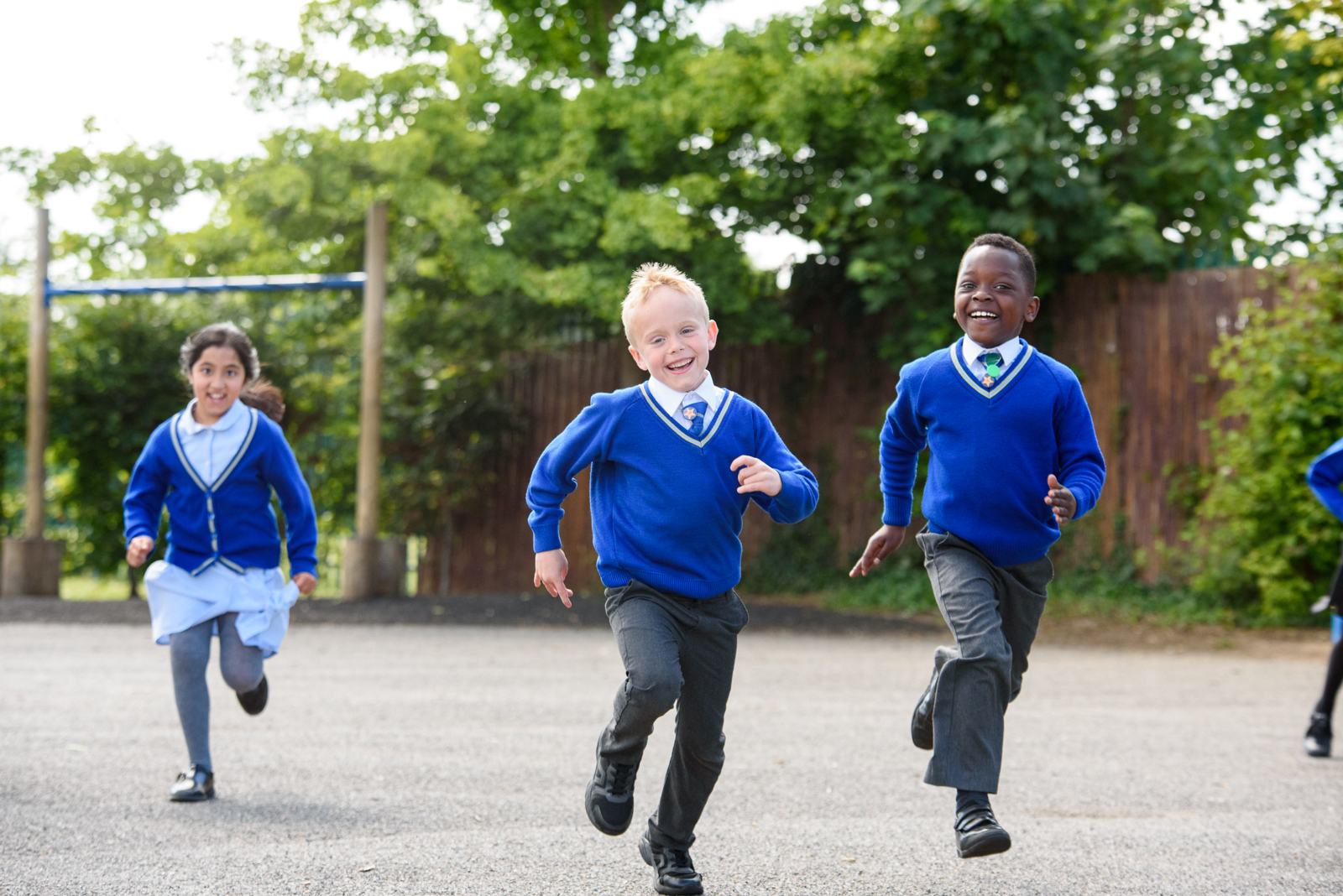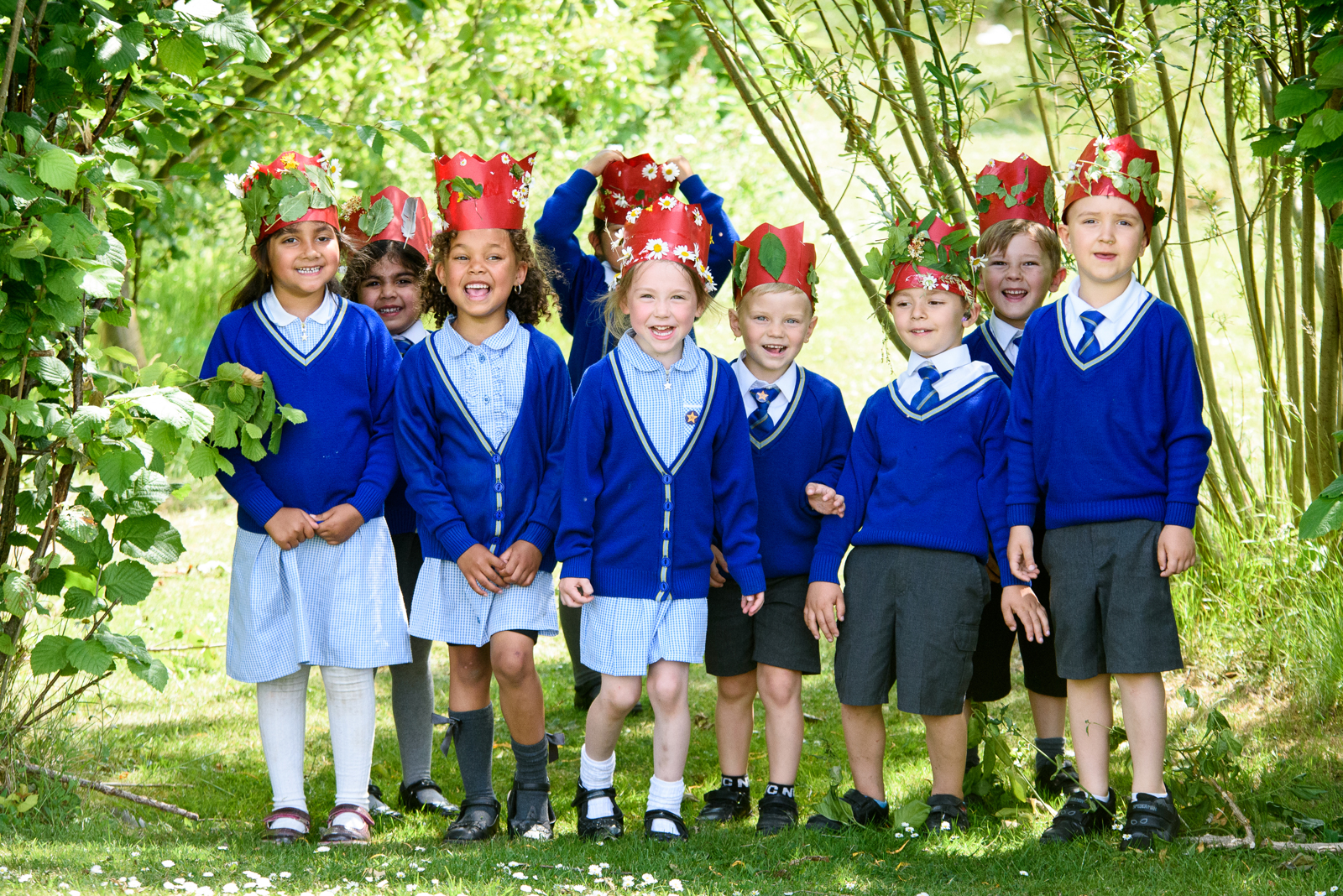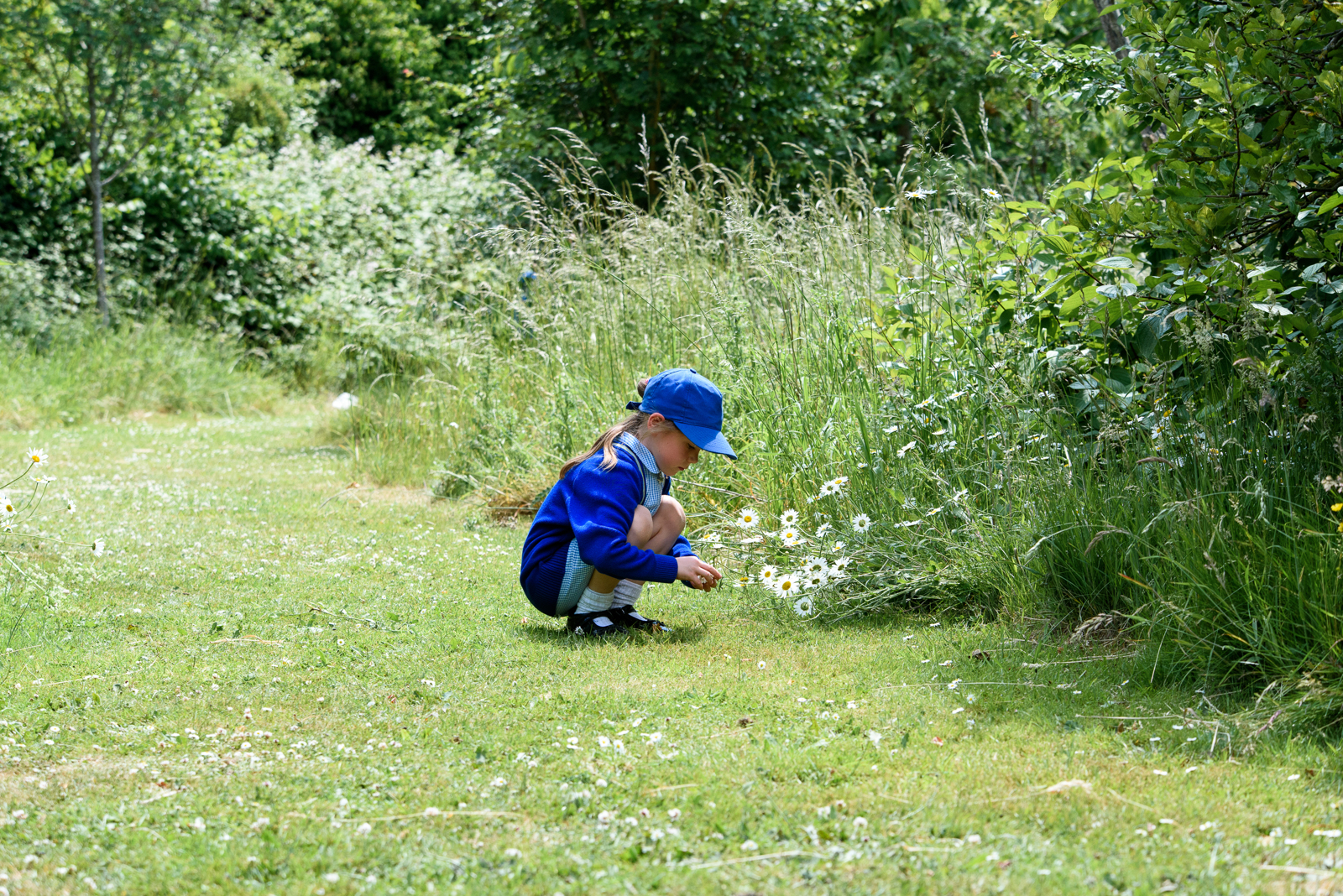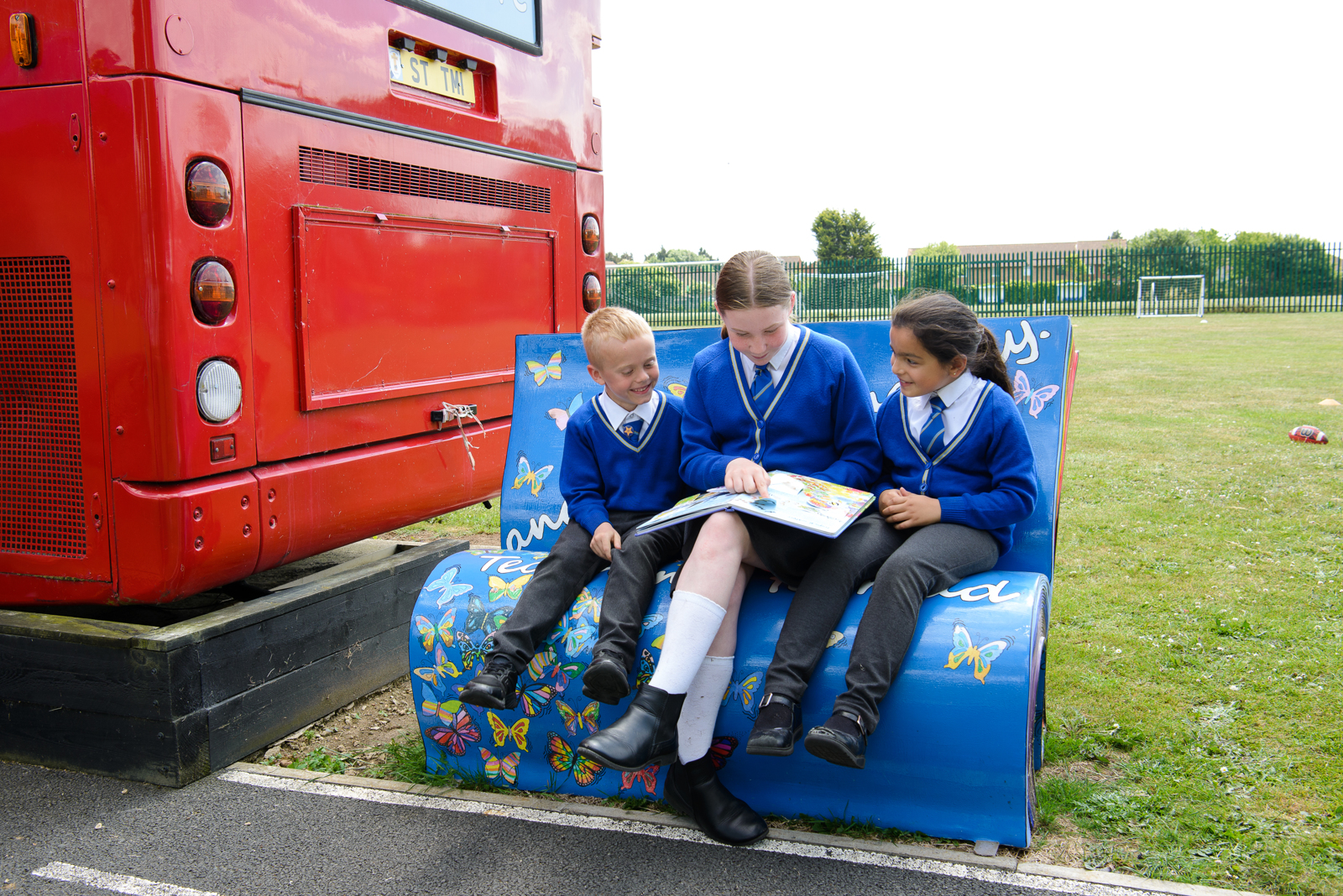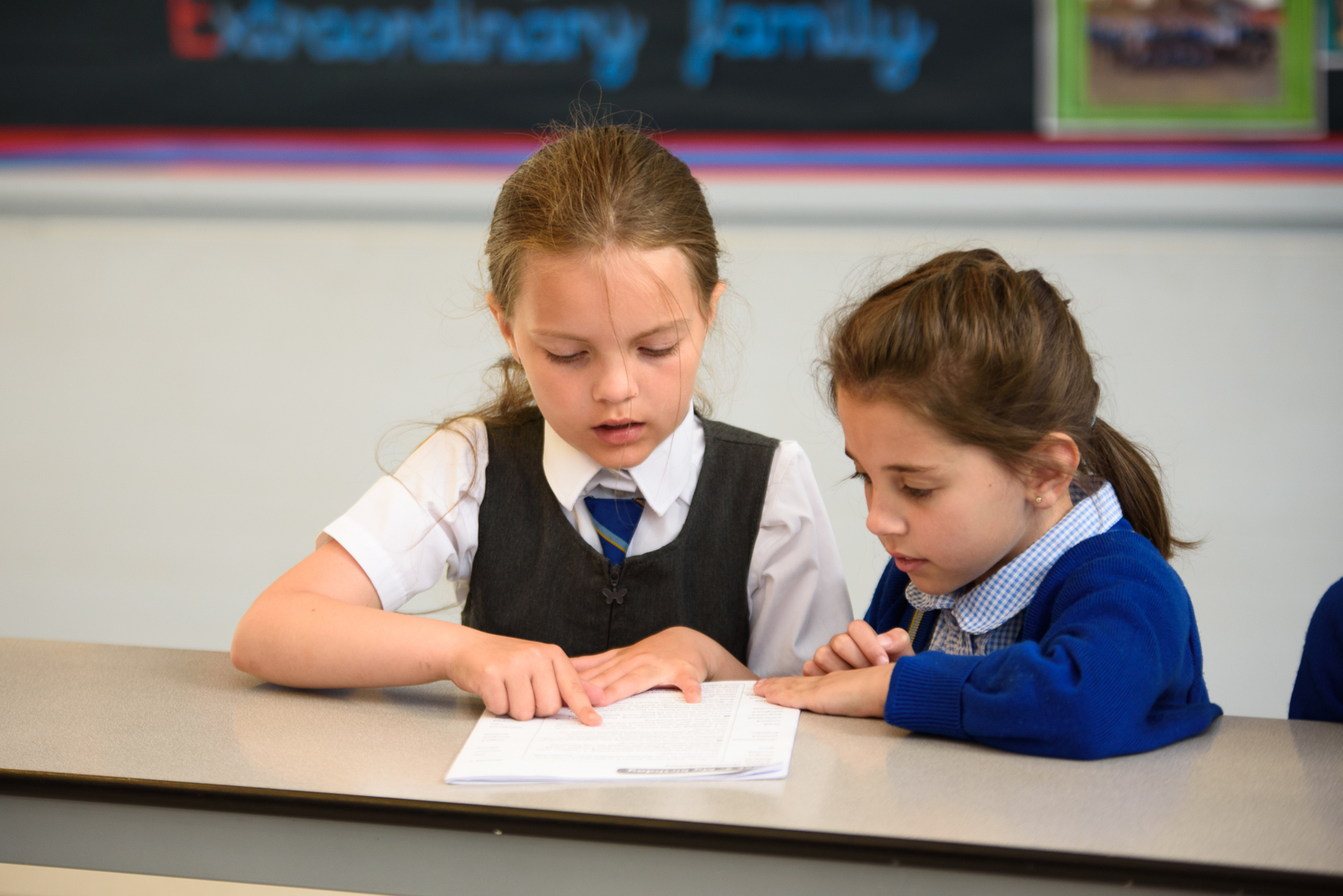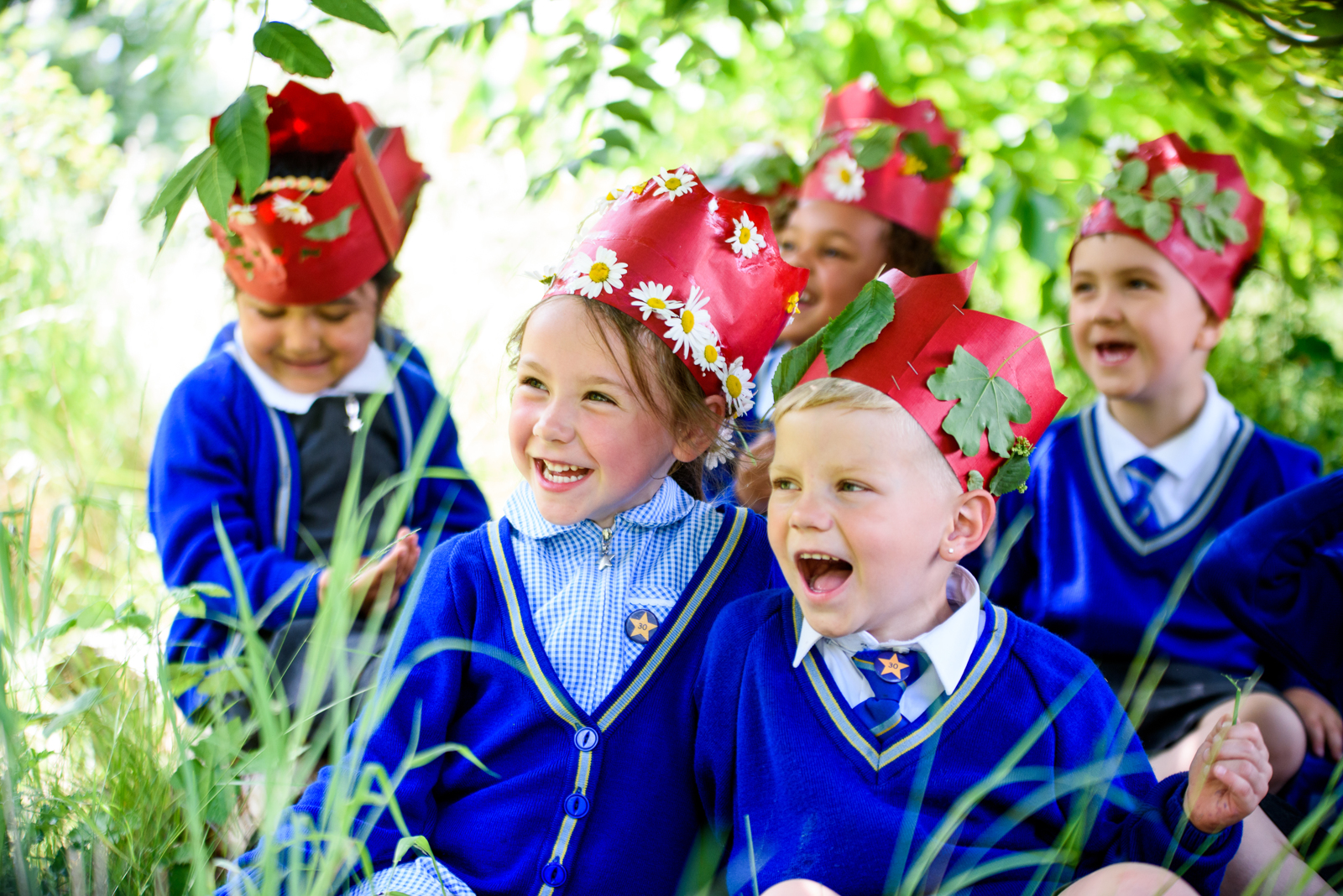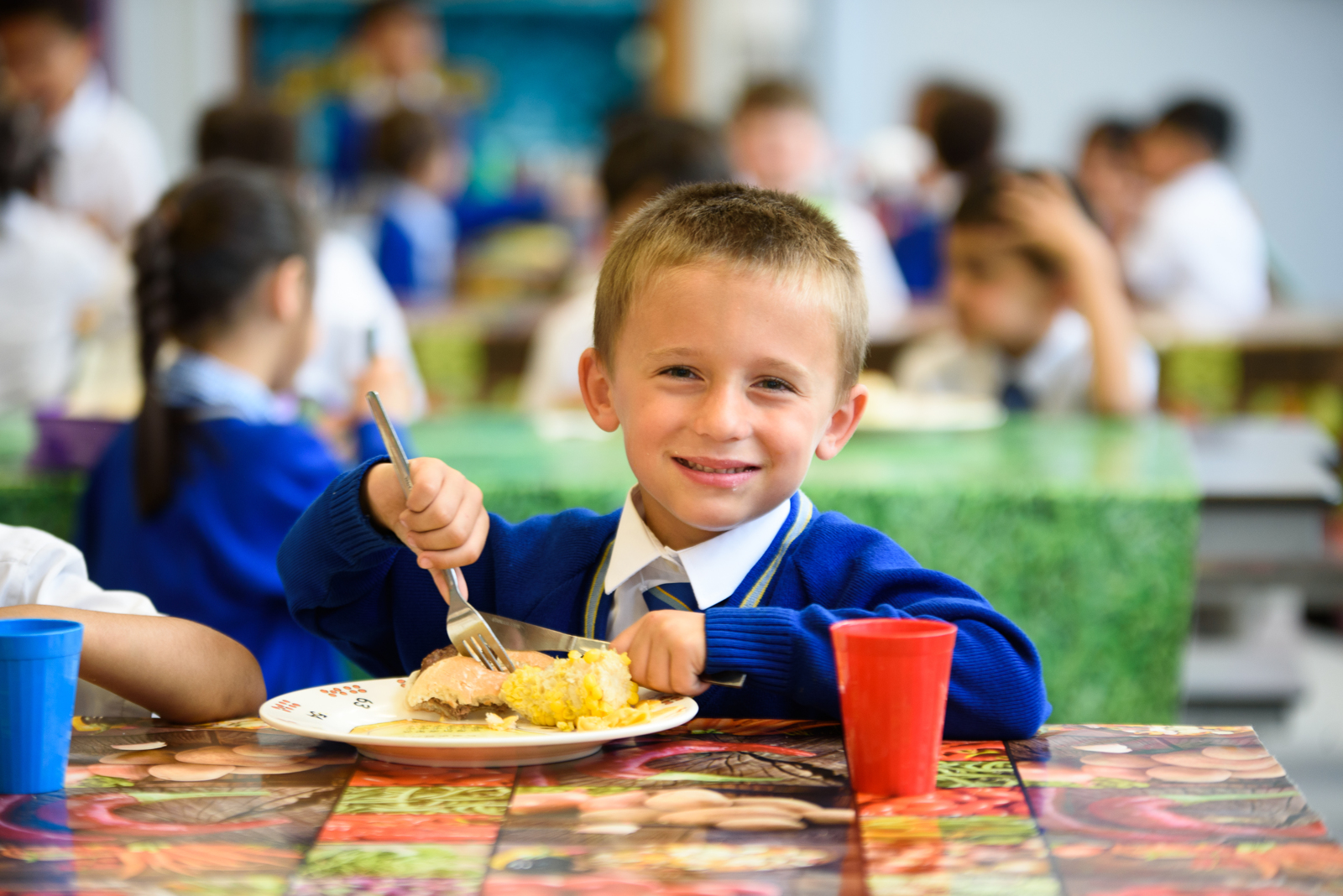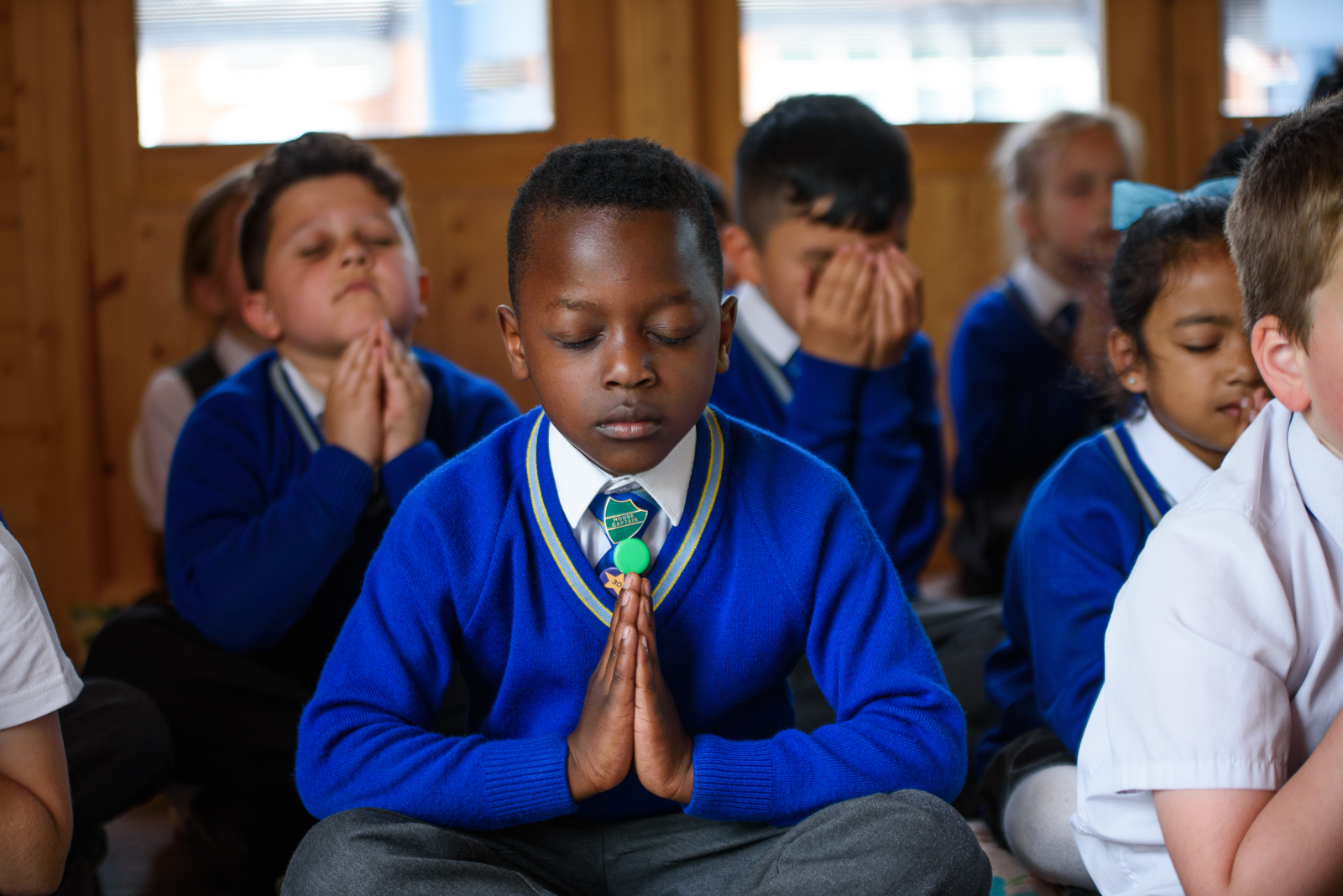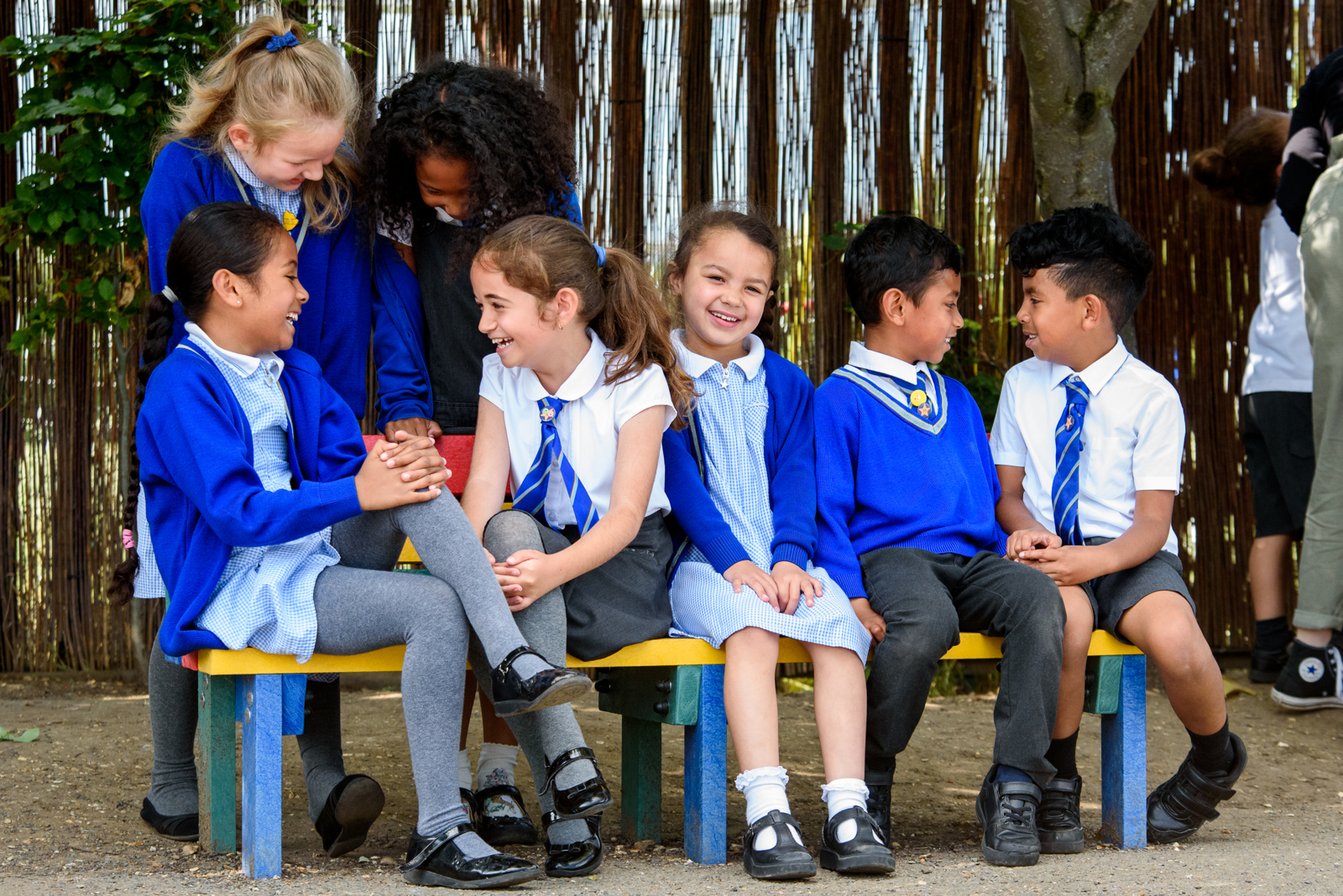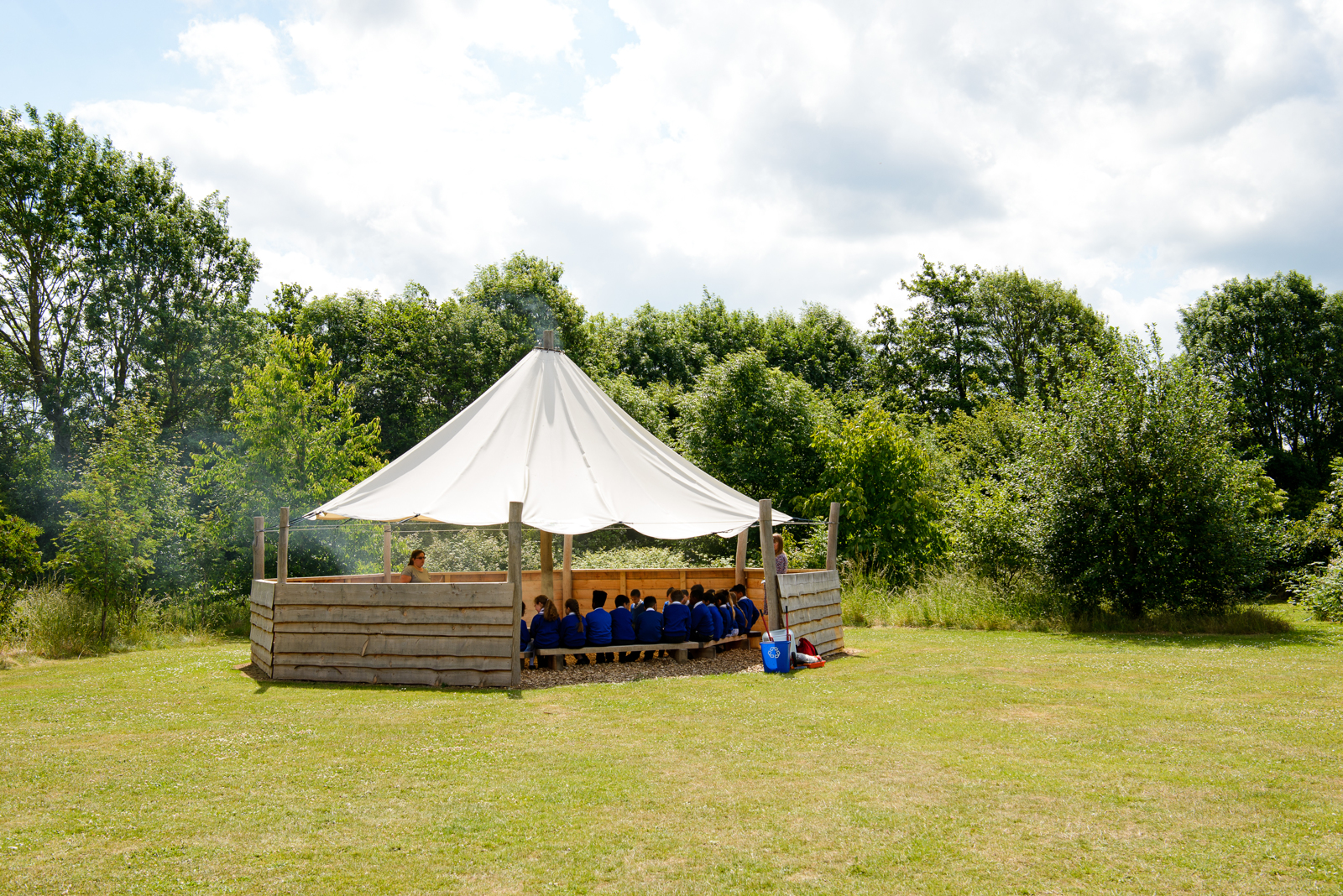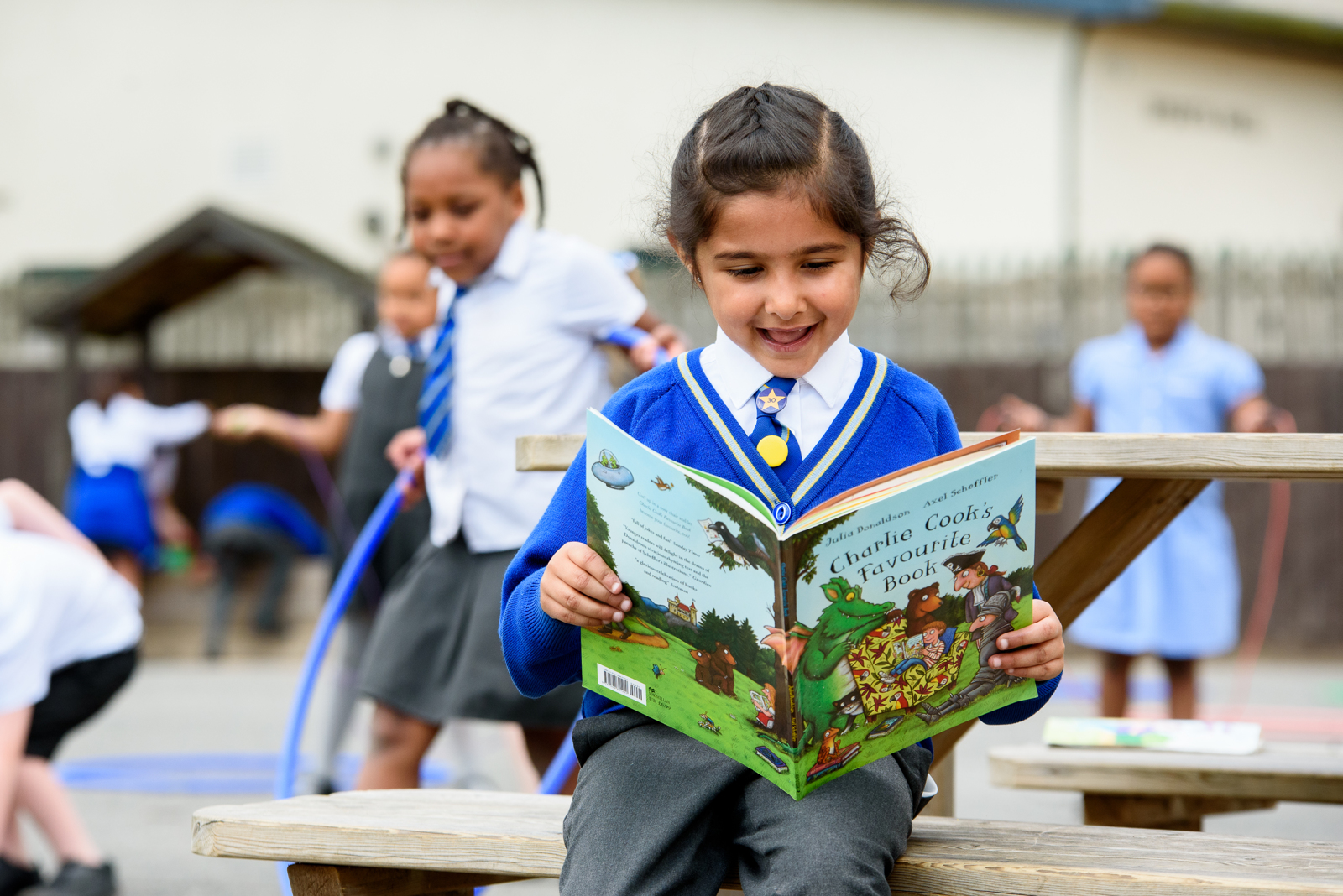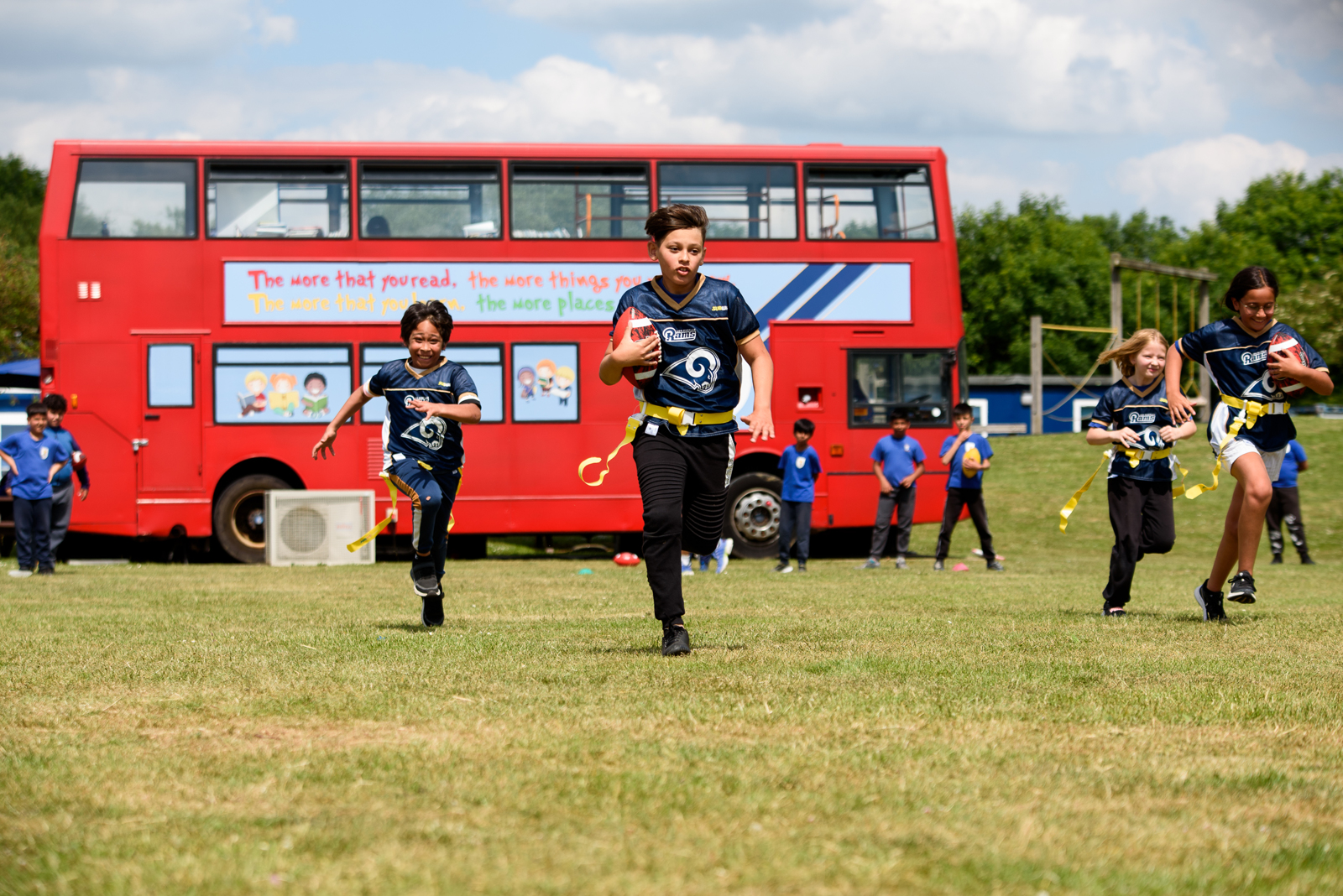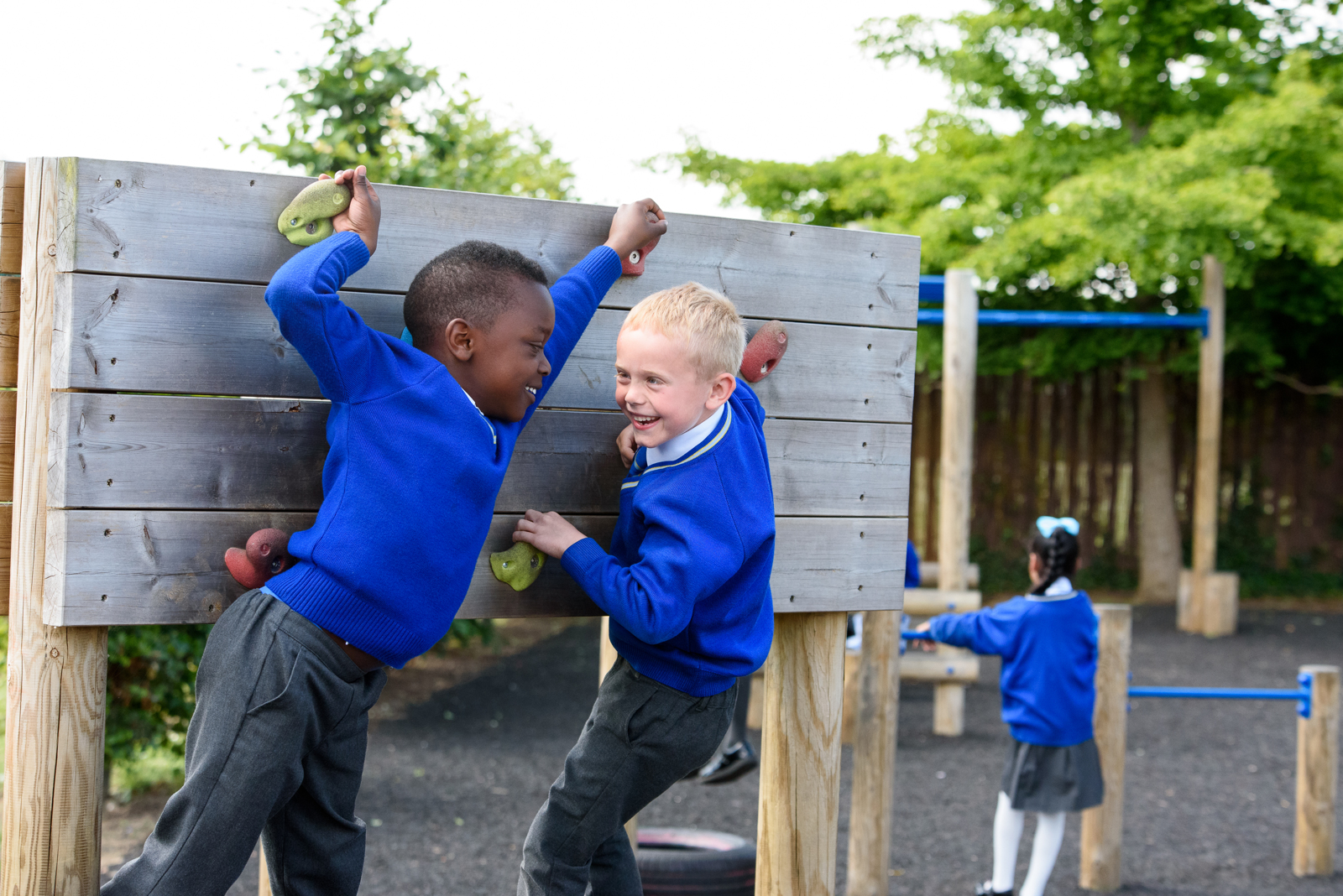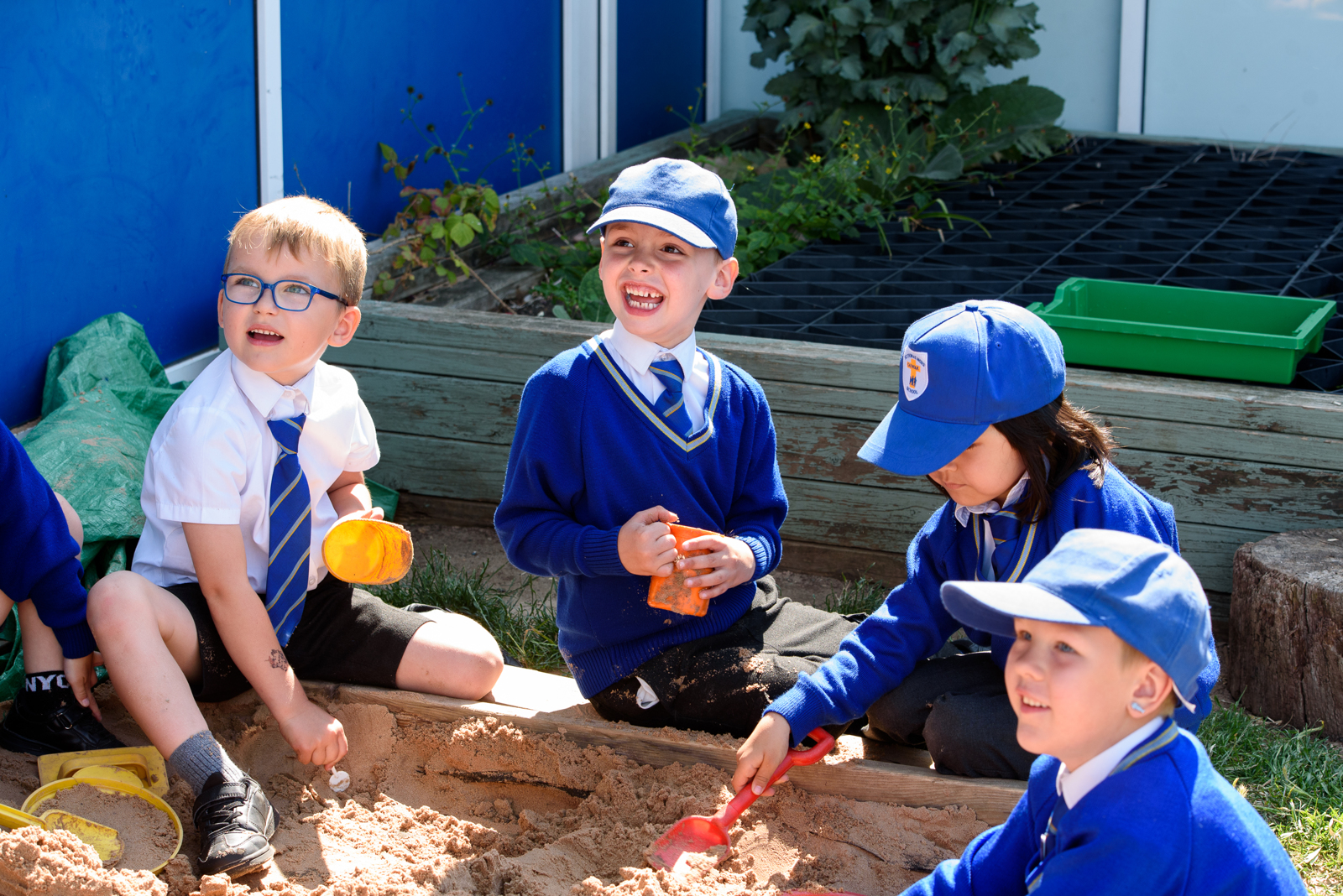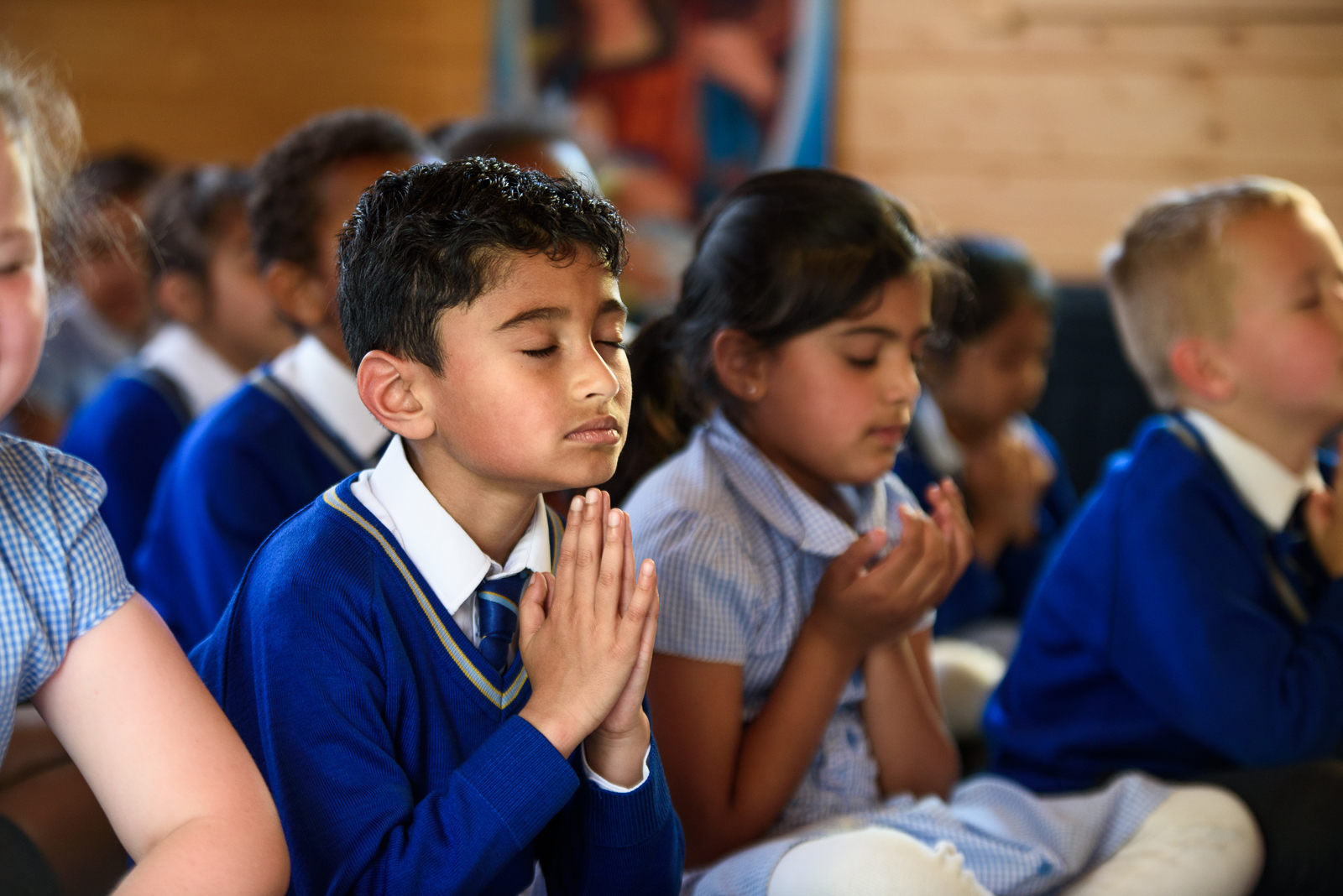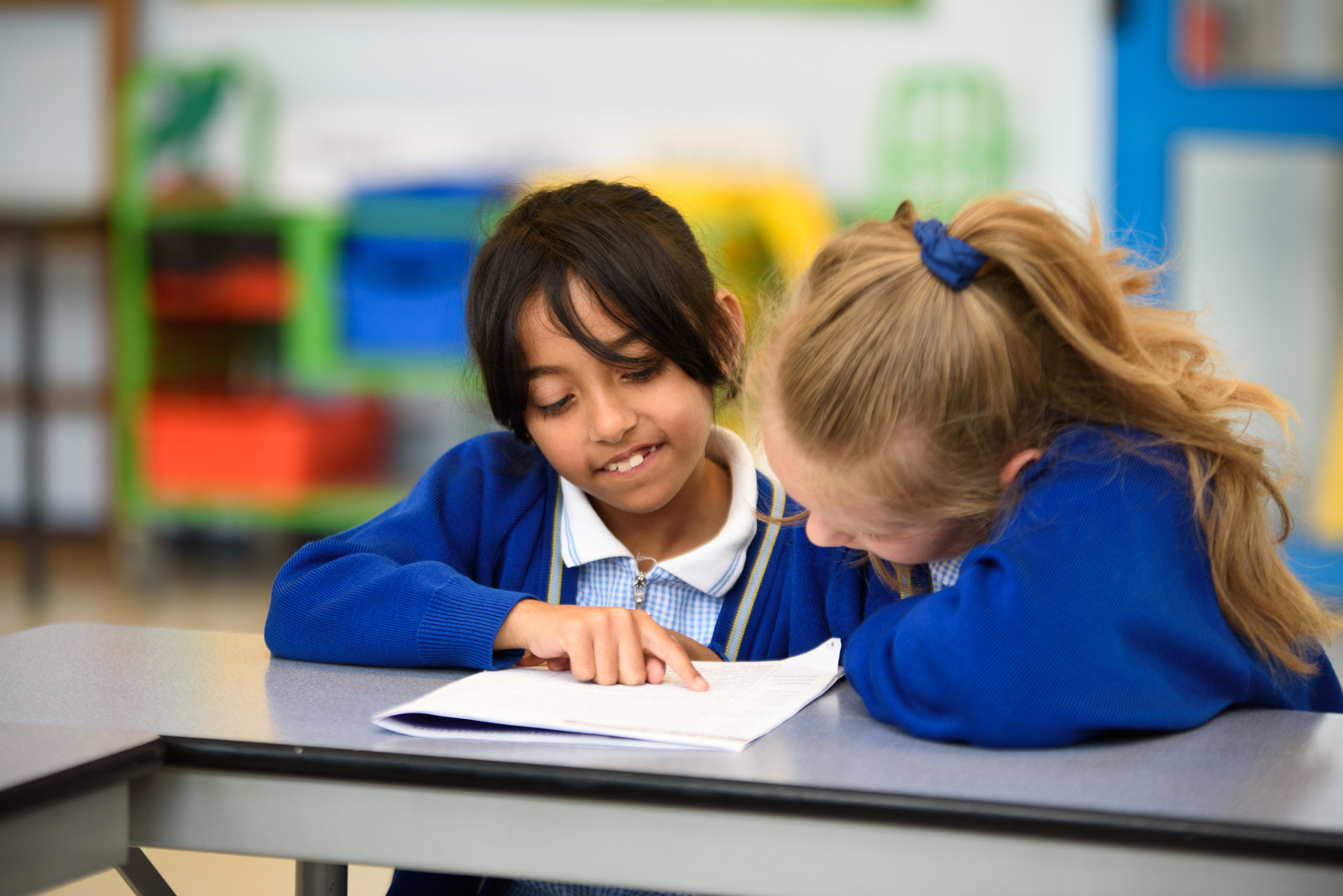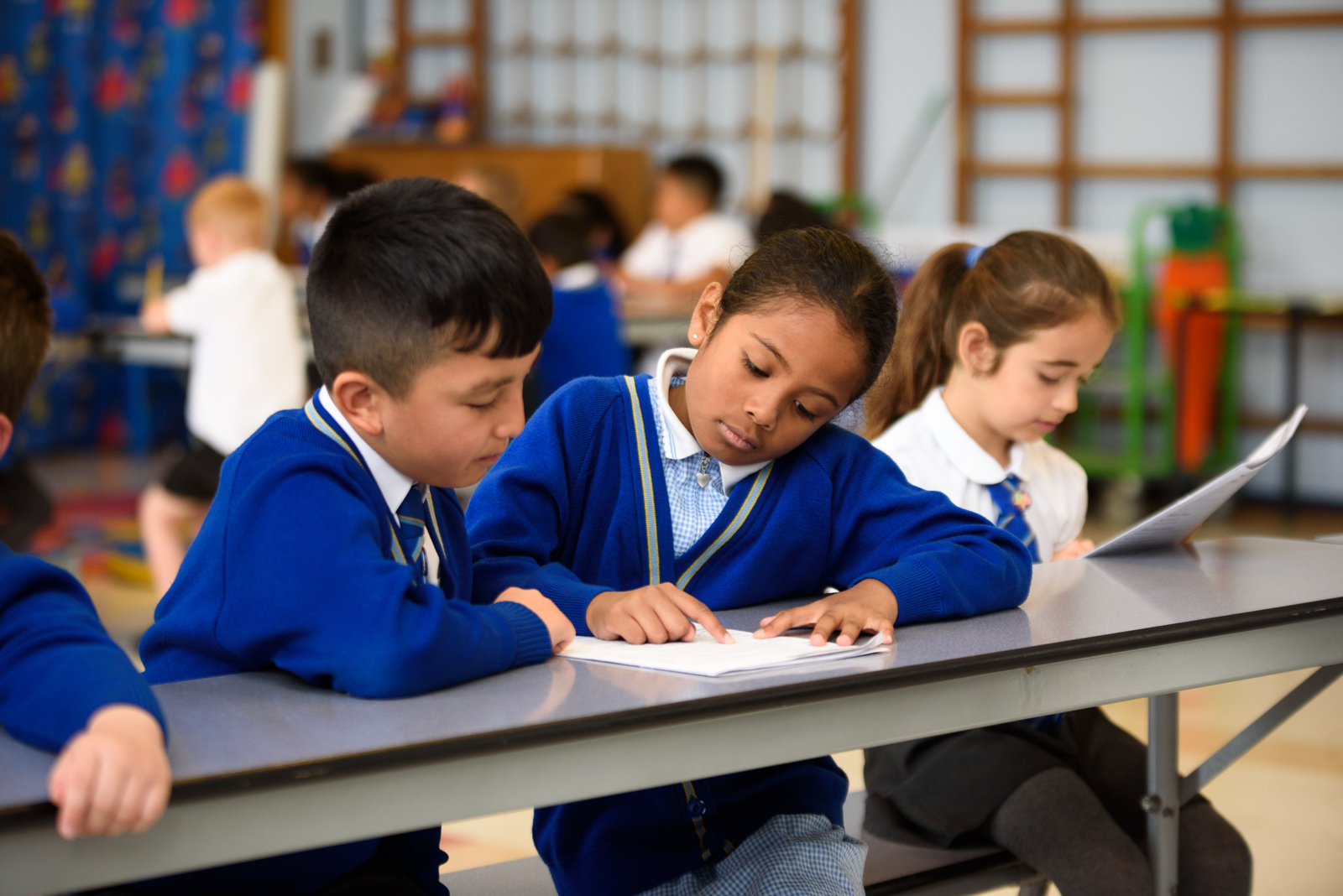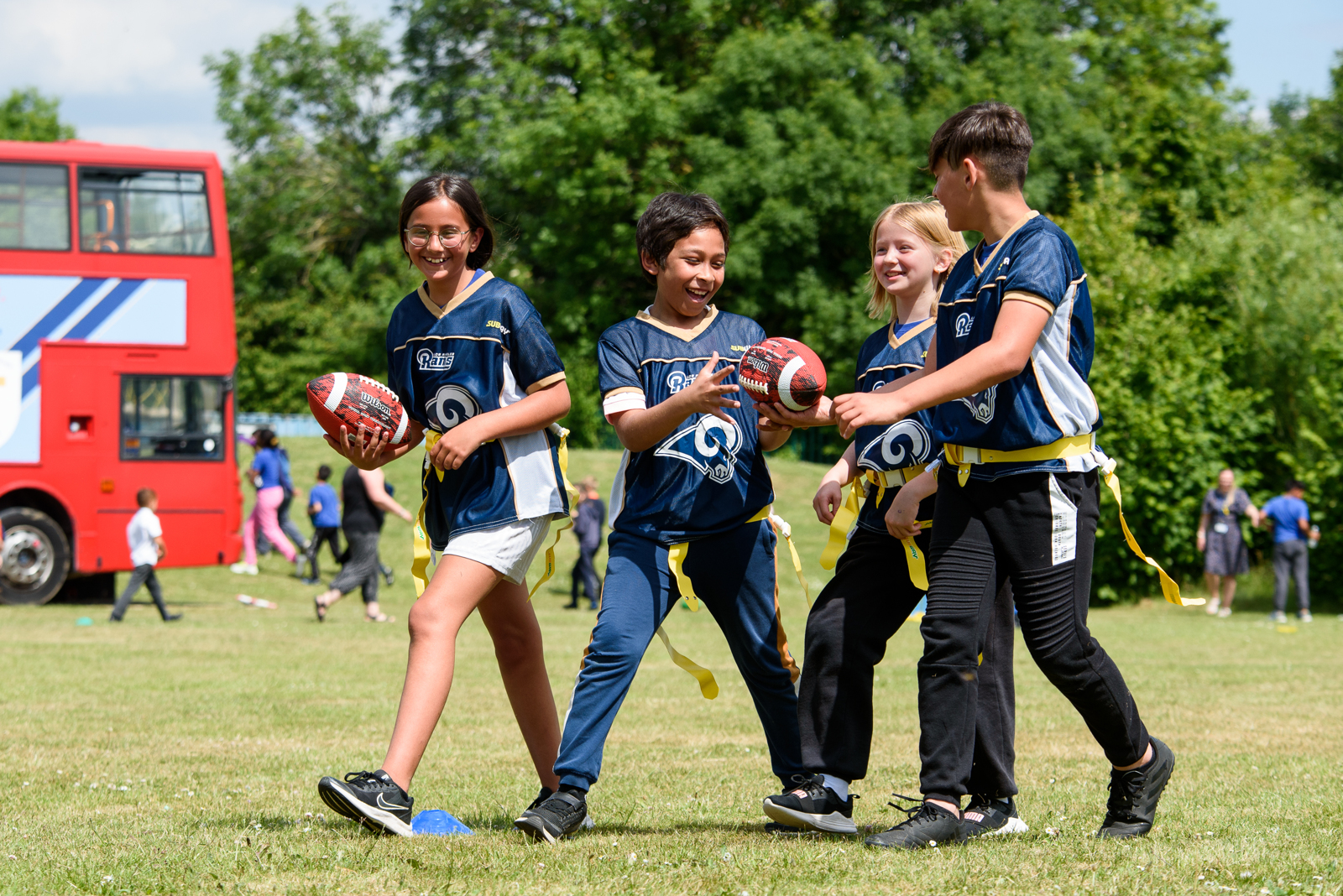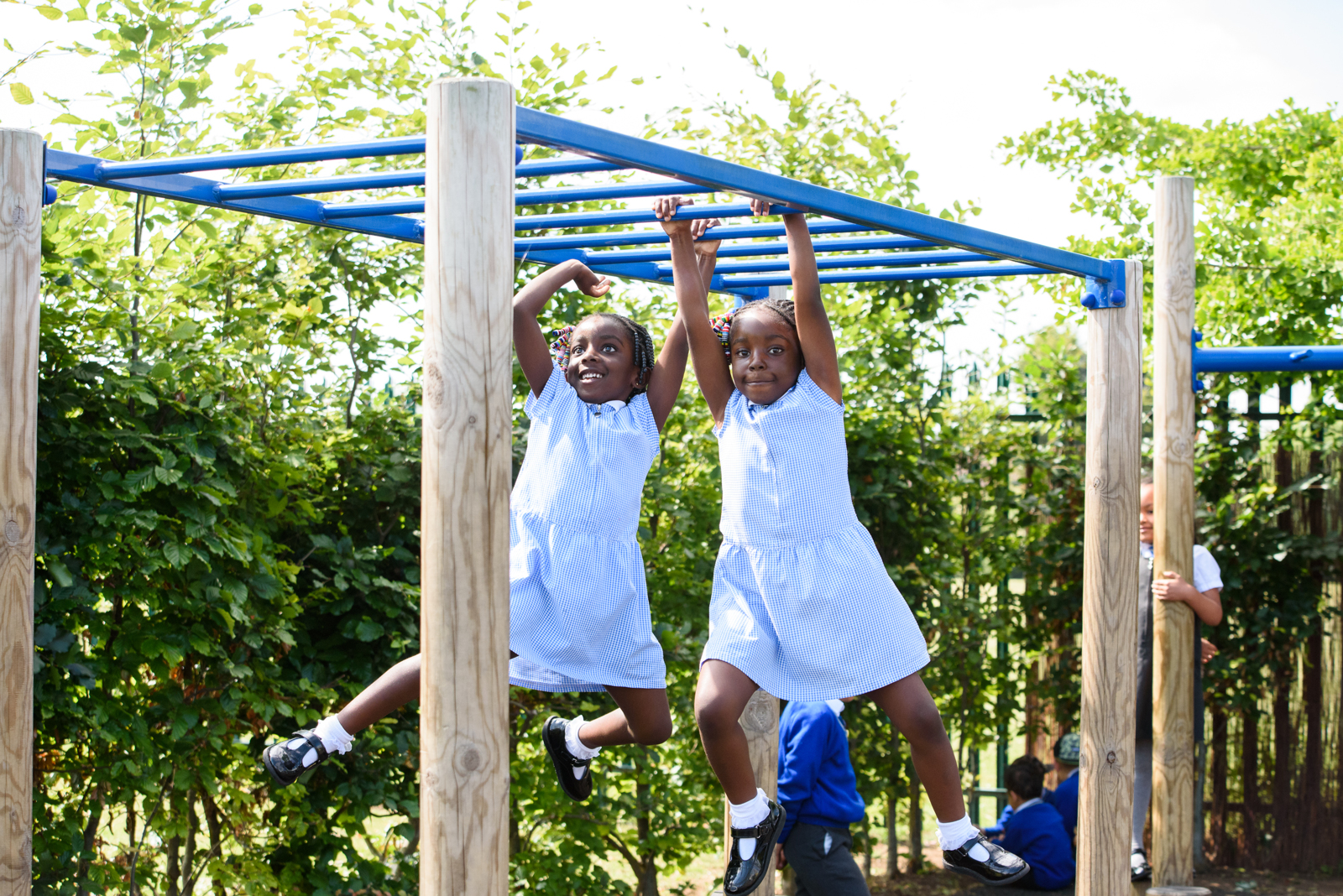Science
Subject lead - Mrs Victoria Judd
At St Thomas More, we want our learners to develop an excellent understanding of the world around them. We believe that this comes from questioning, investigating and building on a child’s natural curiosity. We look for opportunities to develop the children’s Science Capital, and our goal is to instil a love of learning that supports them throughout their academic career and beyond.
What takes place before teaching in the classroom? (Intent)
The school’s senior leadership team will:
- lead all school staff to develop a clear, overarching curriculum intent, encouraging and supporting the ongoing development and improvement of all curriculum subjects.
- ensure that the curriculum lead has appropriate time to develop science-specific curriculum intent, through high-quality CPD, research and development.
- provide sufficient funding to ensure that implementation is effective, through quality resources.
- provide opportunities for the science lead to work with other staff members, to further develop a strong body of knowledge and teaching skills across all year groups.
The curriculum leader will:
- continue to develop personal understanding of science teaching and learning, to ensure the school is creating cultural and science capital for all pupils.
- understand and articulate the expectations of the curriculum, to assist teaching and support staff in the delivery of scientific knowledge and skills.
- ensure an appropriate progression of scientific skills is in place, which supports pupils in knowing more about the world around them, and increases their awareness of potential careers.
- encourage and assist staff in their delivery of pupil-led learning, with a focus on the five enquiry types.
- ensure an appropriate progression of ‘working scientifically’ skills is in place over time, so that pupils are able to question and investigate using their own predictions and ideas.
- update staff as appropriate with new initiatives and resources, to ensure the best provision for all pupils.
The class teacher, and other staff responsible for delivery of the programme, will, with support from the curriculum leader:
- teach with enthusiasm, to create interest and inspire pupils.
- build on the curriculum documents, to ensure teaching and learning meet the needs of all pupils in their groups, and adapt as necessary.
- develop personal understanding of the relevant scientific concepts for their year group, including details of the wider learning journey.
- seek support to develop their own confidence and clarity of each concept, either from the subject lead or other sources.
- ensure that resources are appropriate, of high enough quality and are plentiful, so that all pupils have the correct tools and materials.
- prepare for learning, so that all resources are readily available, and request additional resources from the subject lead, where necessary.
- attend all relevant training to ensure that they continually strive to deliver the very best science teaching, and question anything that may need further support.
What will this look like in the classroom? (Implementation)
Our typical teaching sequence will:
- review of prior learning, to encourage children to know more and remember more.
- practical demonstrations and investigations, following the progression of ‘Working Scientifically’ skills.
- include icons for the enquiry types, to develop recognition and promote understanding of the types.
- include targeted lessons that allow opportunities for pupils to generate and experiment using their own questioning skills.
- provide scaffolding where necessary, to ensure pupils have access to reliable support for developing their ideas.
- use models to show concepts in action.
- allow for independent research.
- make links to real life, with a focus on potential careers.
- time to reflect and adapt ideas, based on learning.
- assessing through practical learning and questioning.
Our classrooms will:
- provide quality equipment and resources, to encourage and support effective teaching and learning.
- display both the school’s Vision and Principles of Science documents, and include them within learning regularly.
- display good quality examples of learning when appropriate, including known scientists and vocabulary.
- display icons for the scientific enquiry types, to refer to within lessons.
- have examples of relevant texts available for independent reading, to support and develop wider understanding.
- be well-organised, so resources allow for small group and whole class sessions.
Our children will be:
- engaged and enthusiastic about their learning, because they are challenged by the curriculum.
- able to identify the role that STEM has in their lives, and which careers are available to them as scientists.
- resilient learners who are able to adapt within lessons, question their learning and develop ideas for solving problems.
- able to critique their own work and recognise steps that will make them more scientific in their thinking.
- Safe, within the bounds of any H&S requirements [BeSafe publication]
- encouraged and nurtured to overcome any barriers, through positive feedback and a focus on scientific skill and knowledge.
- able to recognise themselves as scientists, in a range of roles.
How will this be measured? (Impact)
Pupil Voice will show:
- enthusiasm for science learning, with a growing focus on becoming scientists in later life.
- a clear understanding of what is being taught, and how it fits into real life.
- evidence of practical and investigative learning, with pupils being able to identify the enquiry types within their learning.
- an increased ability to question their understanding of the world around them.
- a developed sense of curiosity about how things work.
- a wide range of appropriate vocabulary which supports and extends pupils’ understanding.
- confidence in discussing Science, their own work, and identifying strengths and areas for development.
Displays around school and books will show:
- pupils have opportunities for practice and refinement of skills, including access to the Science Area.
- an engaging and varied curriculum which develops a range of scientific understanding and skills.
- good coverage and understanding of the enquiry types.
- a range of quality fiction and non-fiction texts to support engagement and understanding in the library, which develops inspiration and diversity.
- clear progression across a unit of work [learning journals]
- scaffolding where appropriate, ensuring all pupils can access knowledge at the correct level.
- clear progression of skills, in line with expectations set out in the progression document.
- a range of skills and techniques across all areas of the scientific curriculum.
The curriculum leader will:
- celebrate the successes of pupils through planned displays, and on the spot recognition.
- collate appropriate evidence over time which evidences that pupils know more and remember more.
- monitor the standards in the subject to ensure the outcomes are at expected levels.
- ensure assessment is completed fairly, accurately and in a timely fashion, to ensure that all pupils continue to be challenged and supported as they need.
- identify areas for further staff development, through regular monitoring and provide ongoing professional development to ensure excellence in practice.
Principles of Science at St Thomas More Catholic Primary School
Science is going well when:
- the children are excited about their learning;
- the children are asking questions about the world around them, through Scientific Enquiry;
- the children are able to give explanations about the world around them;
- the children consider how Science fits into their future;
- there is good quality evidence of learning – in books and on display;
- the children are able to pick up equipment and investigate freely;
- visitors create a ‘wow’ feeling that inspires the children;
- staff have the confidence to try something new;
- assessment is accurate.

